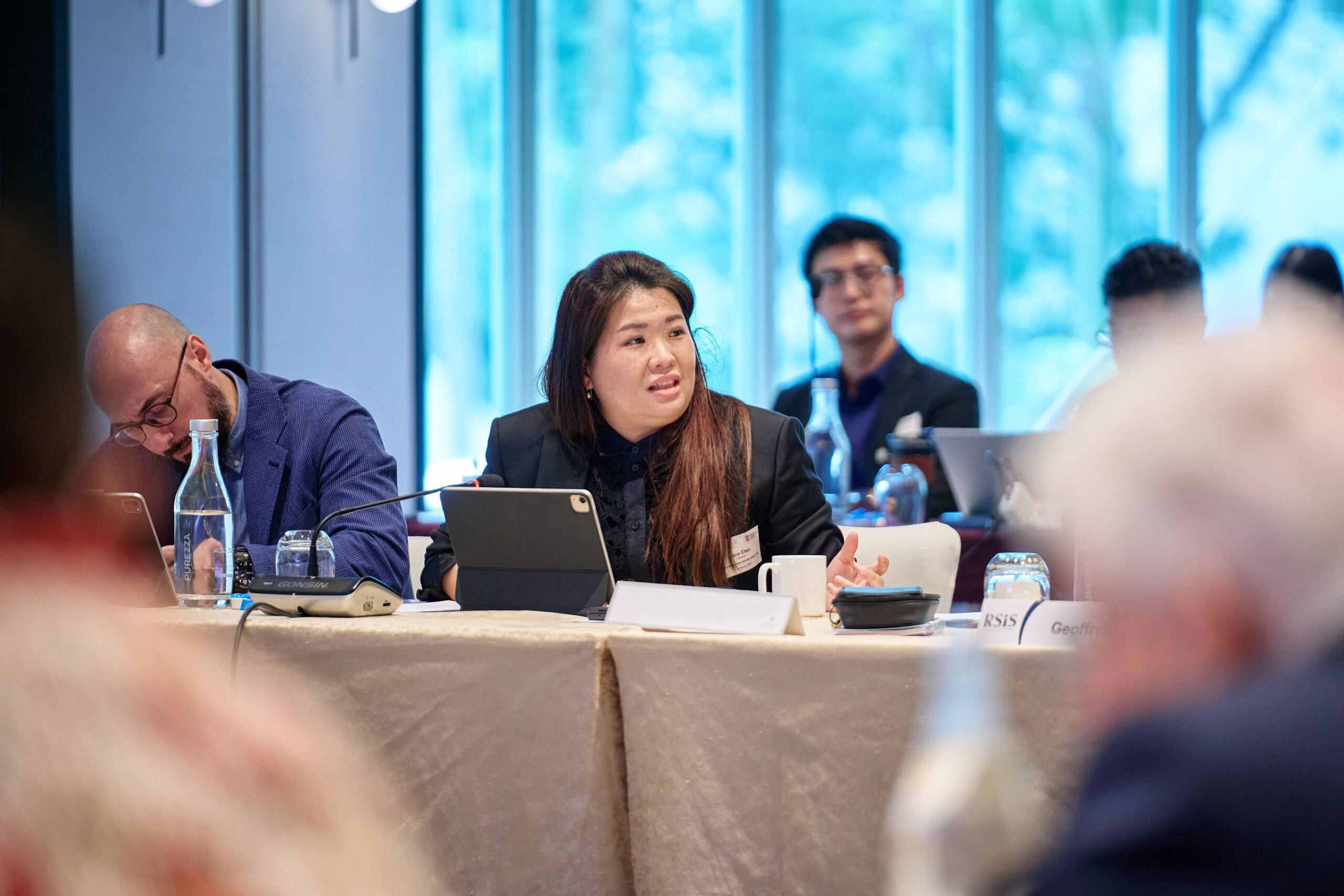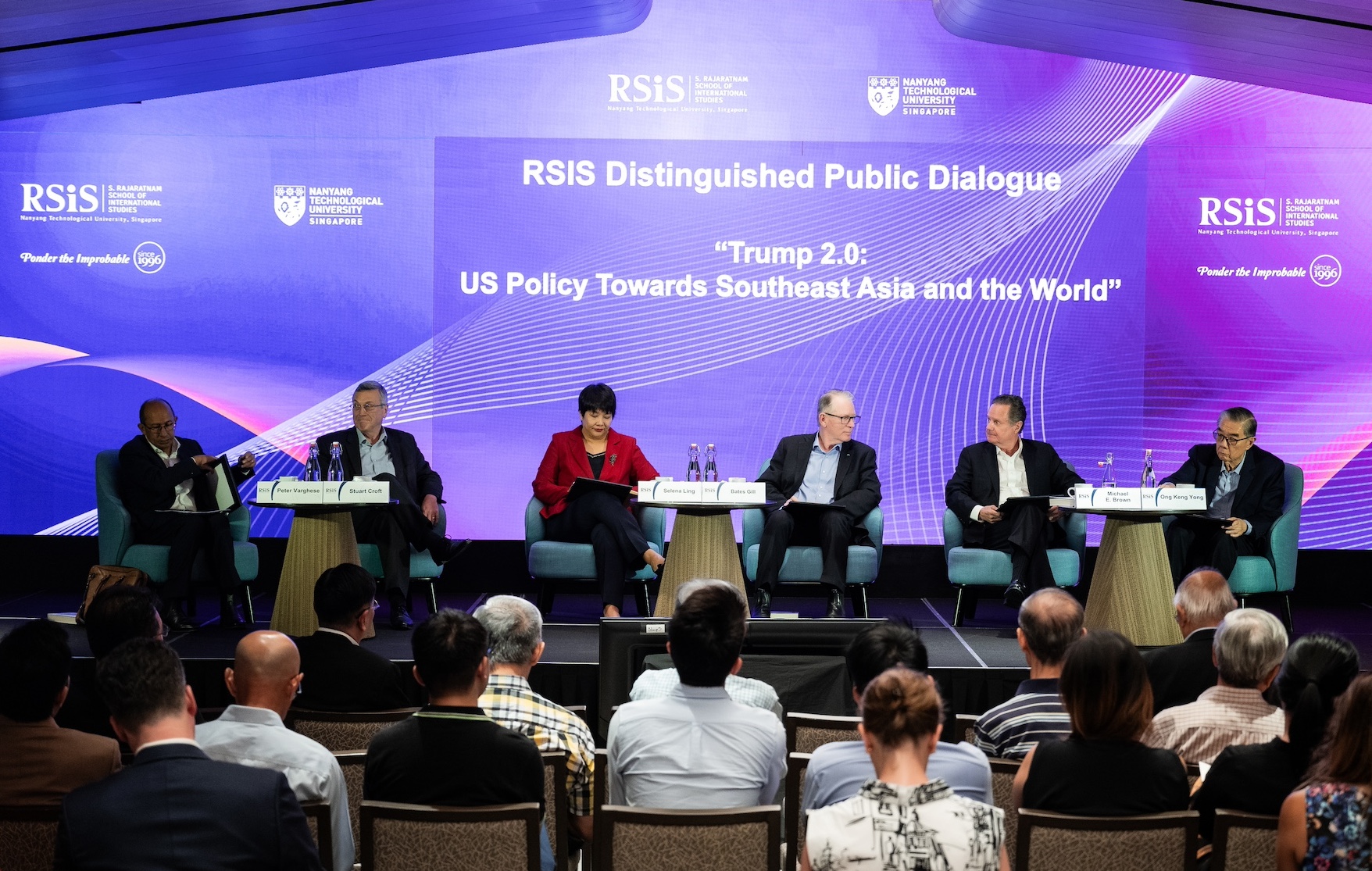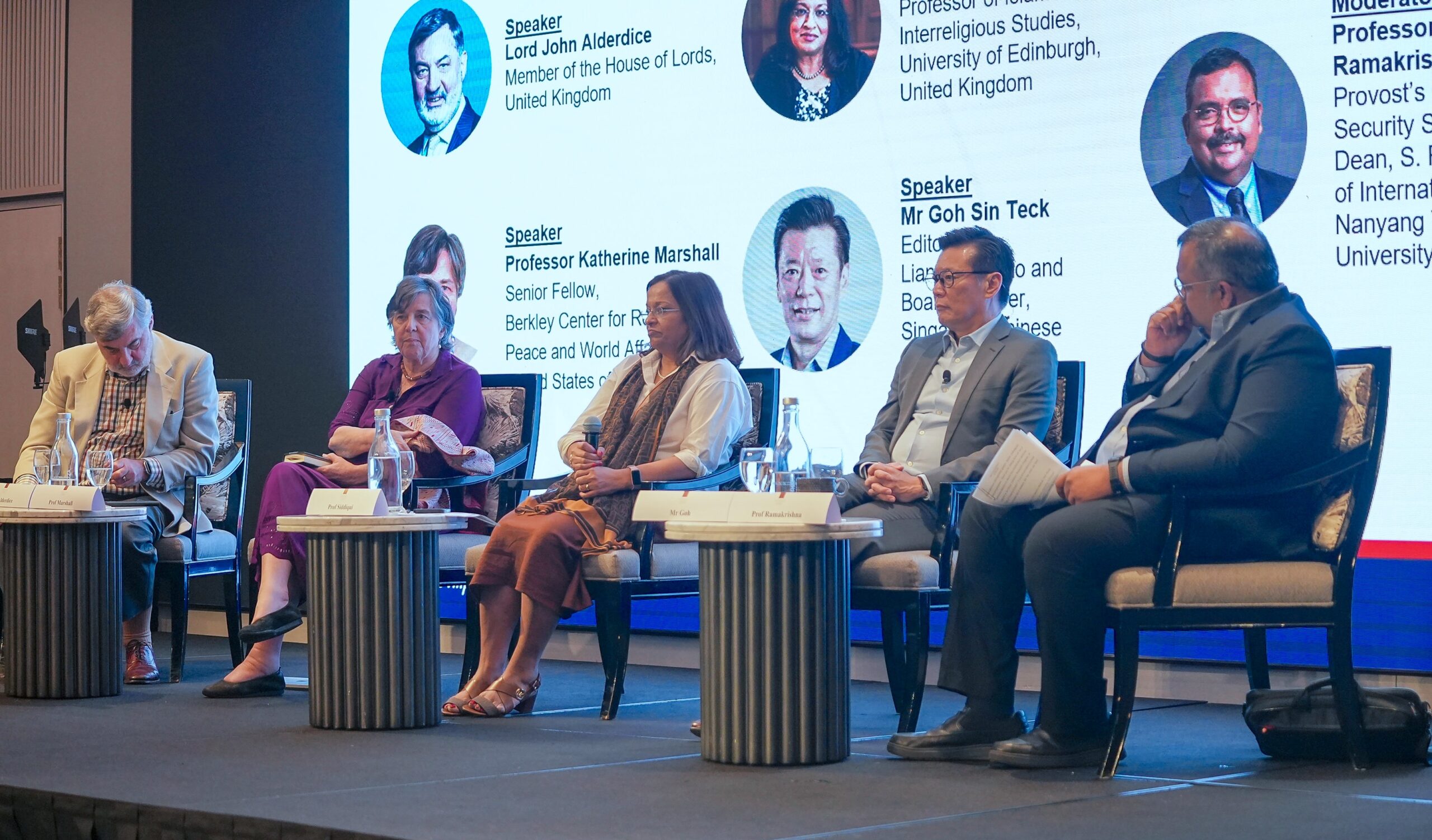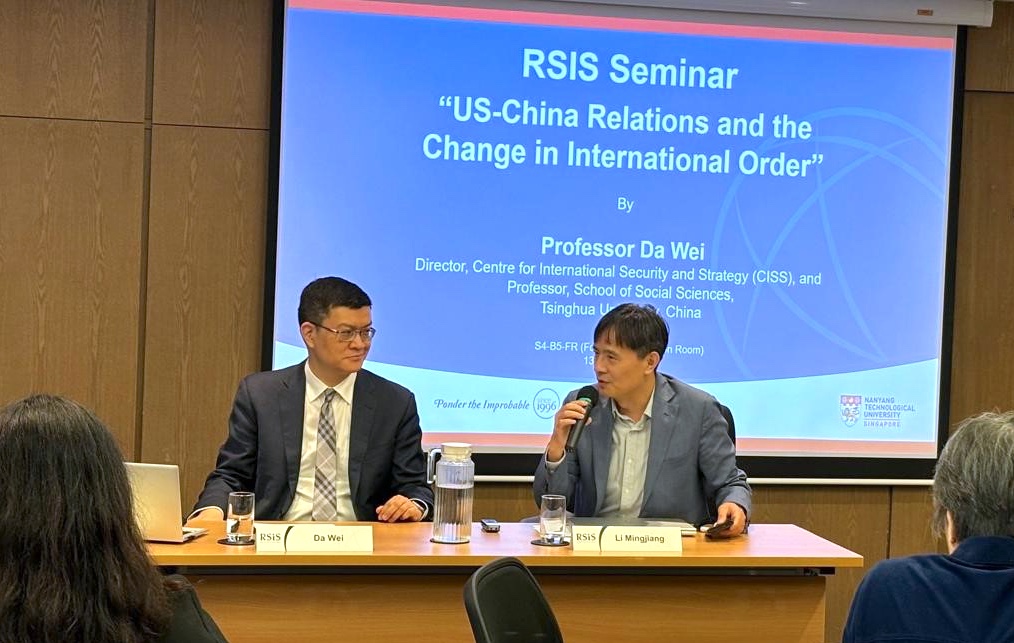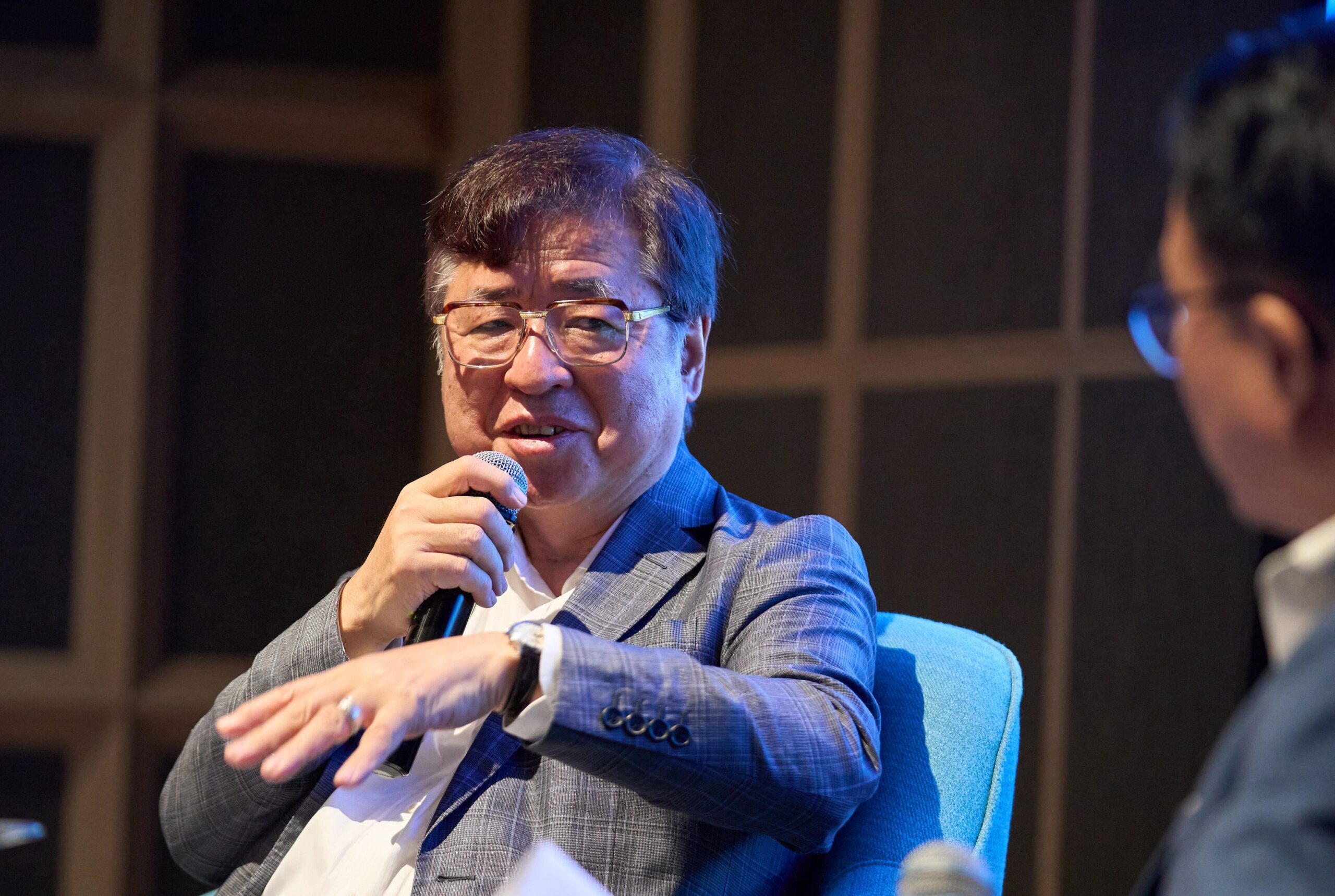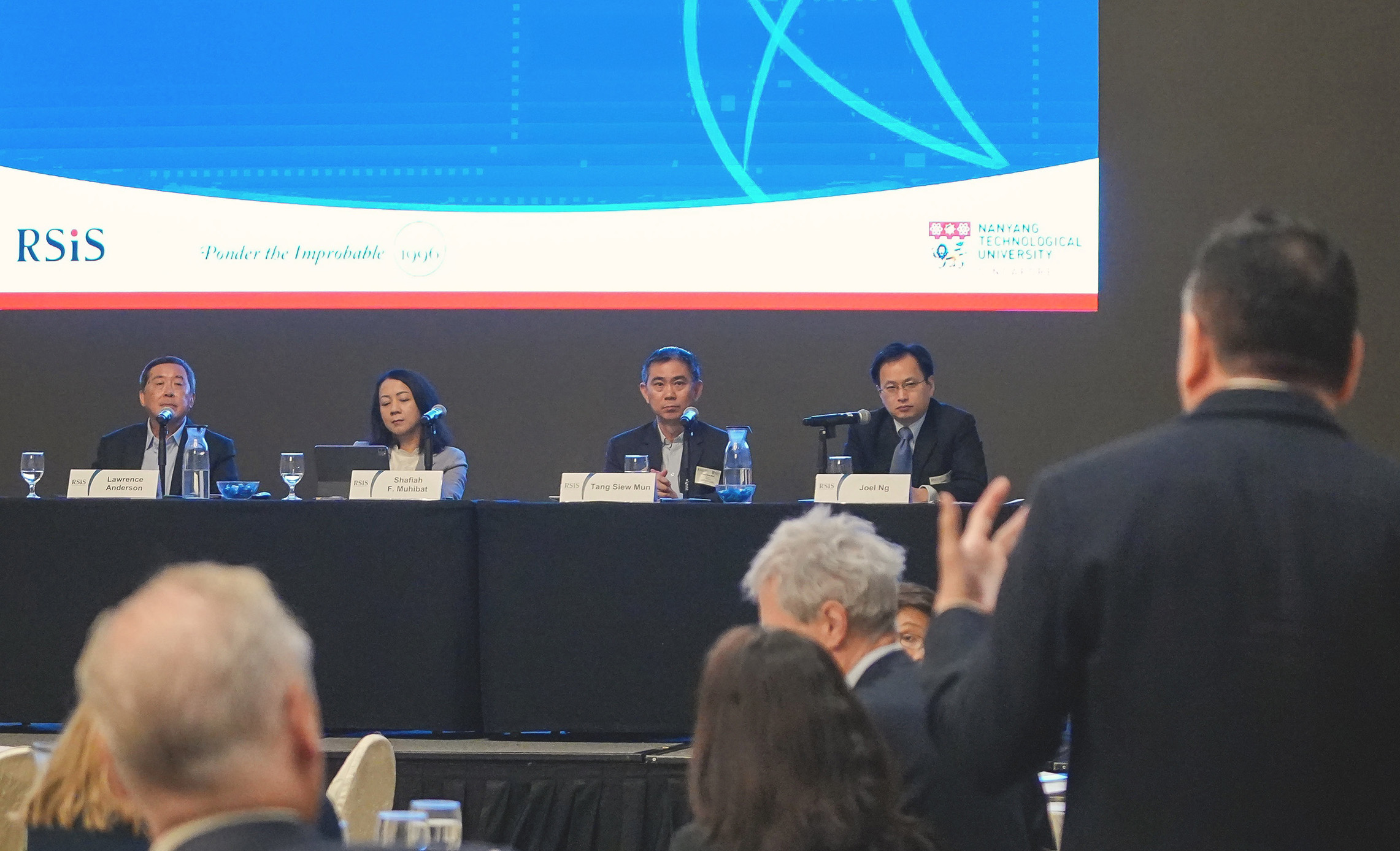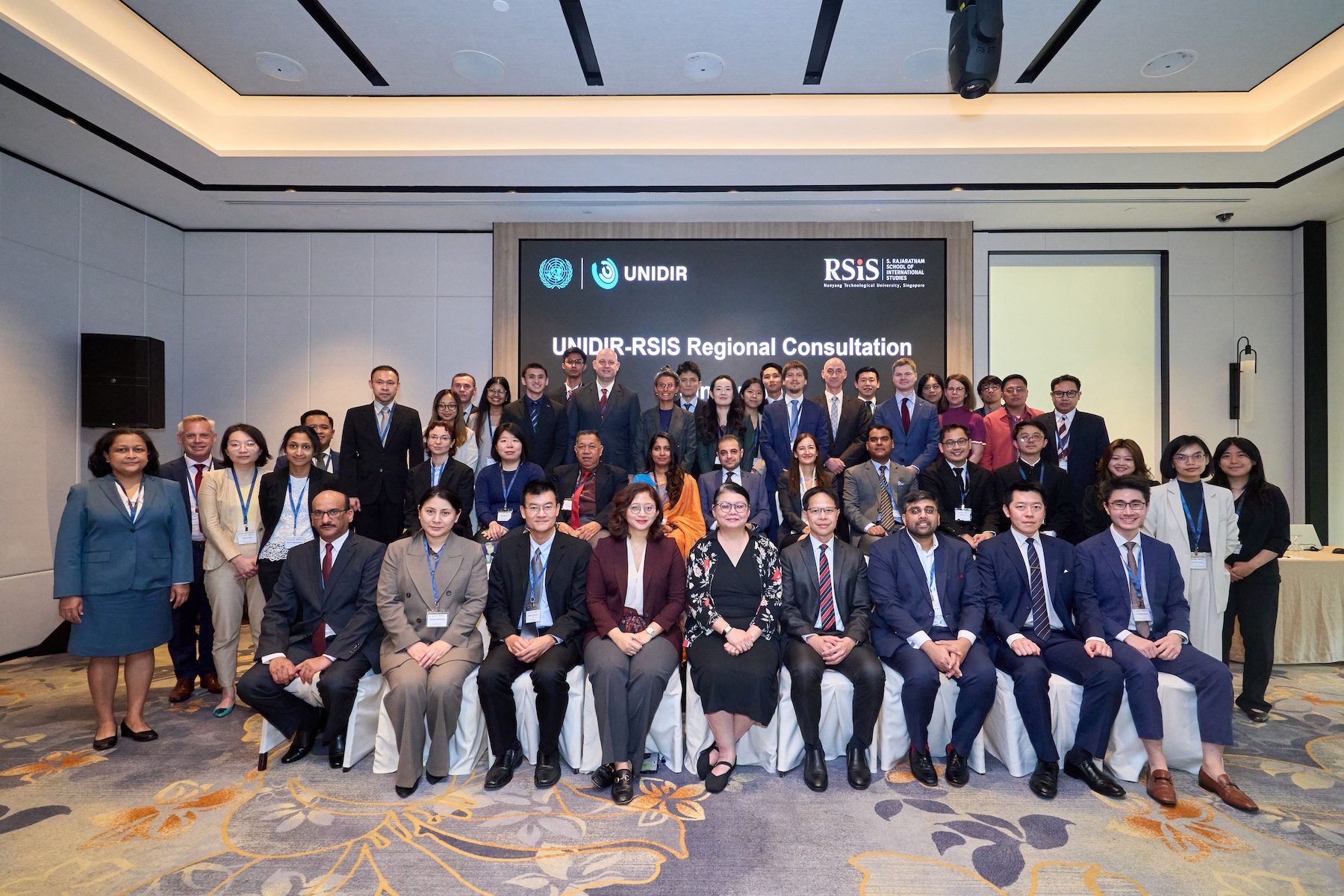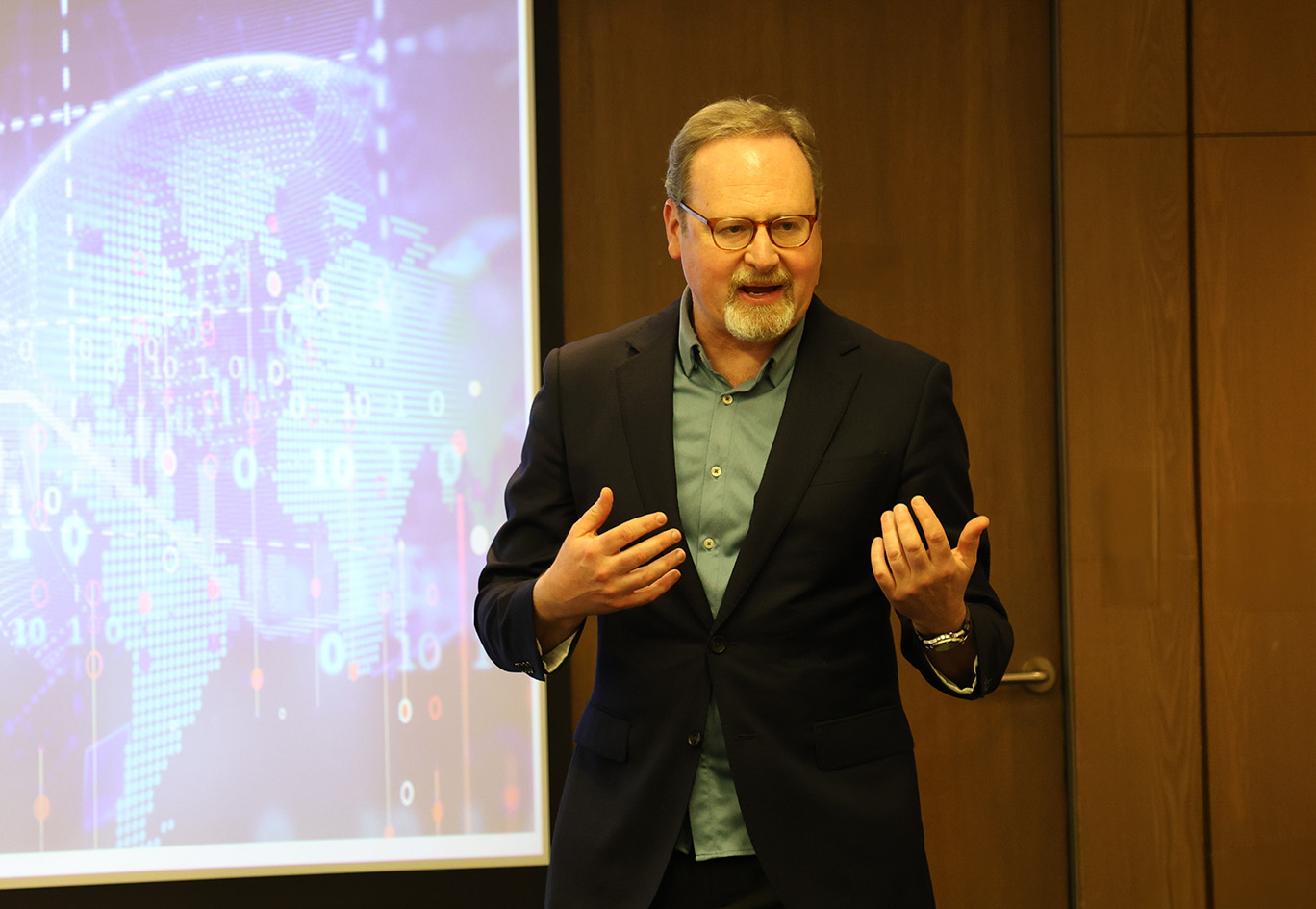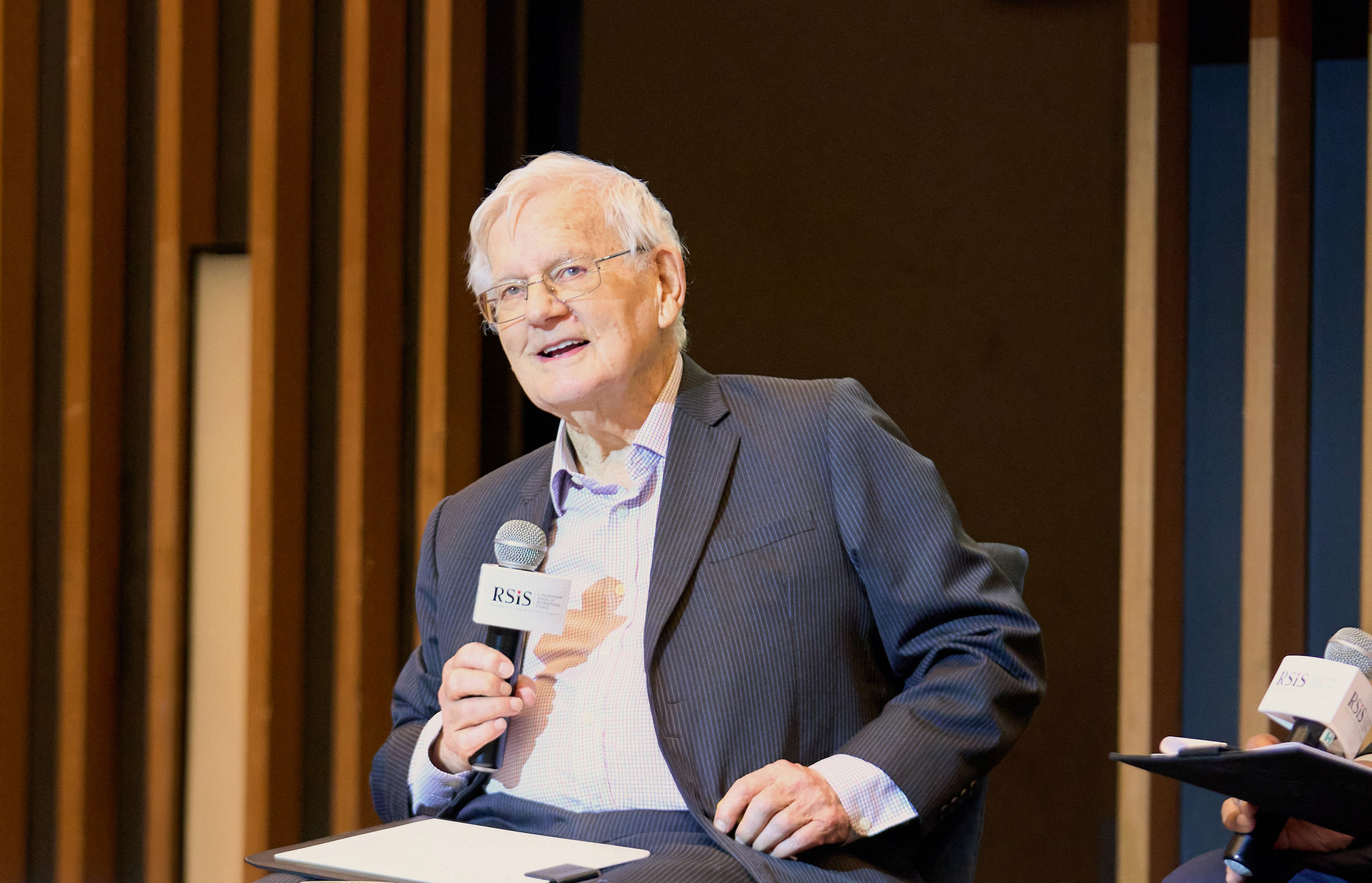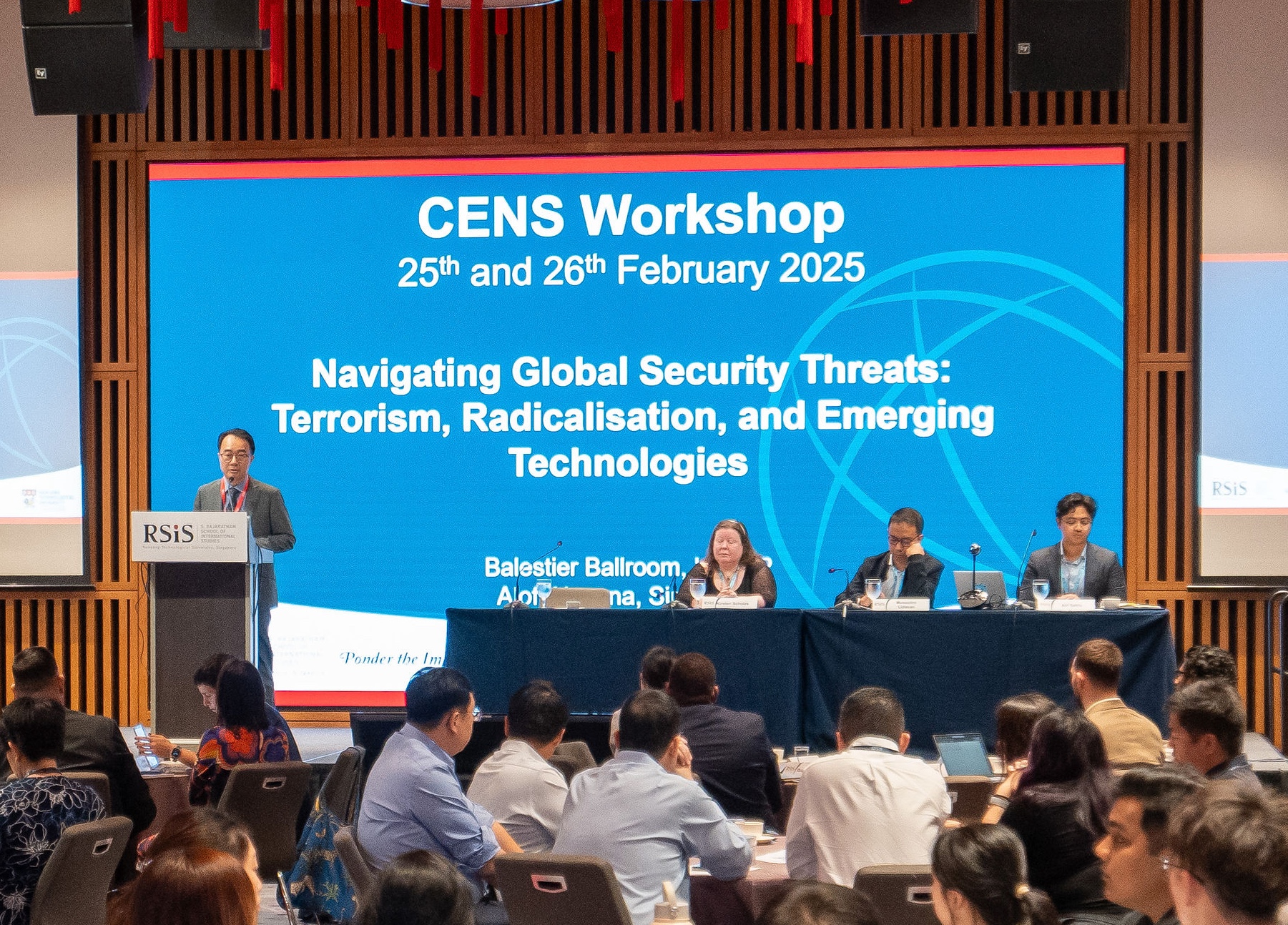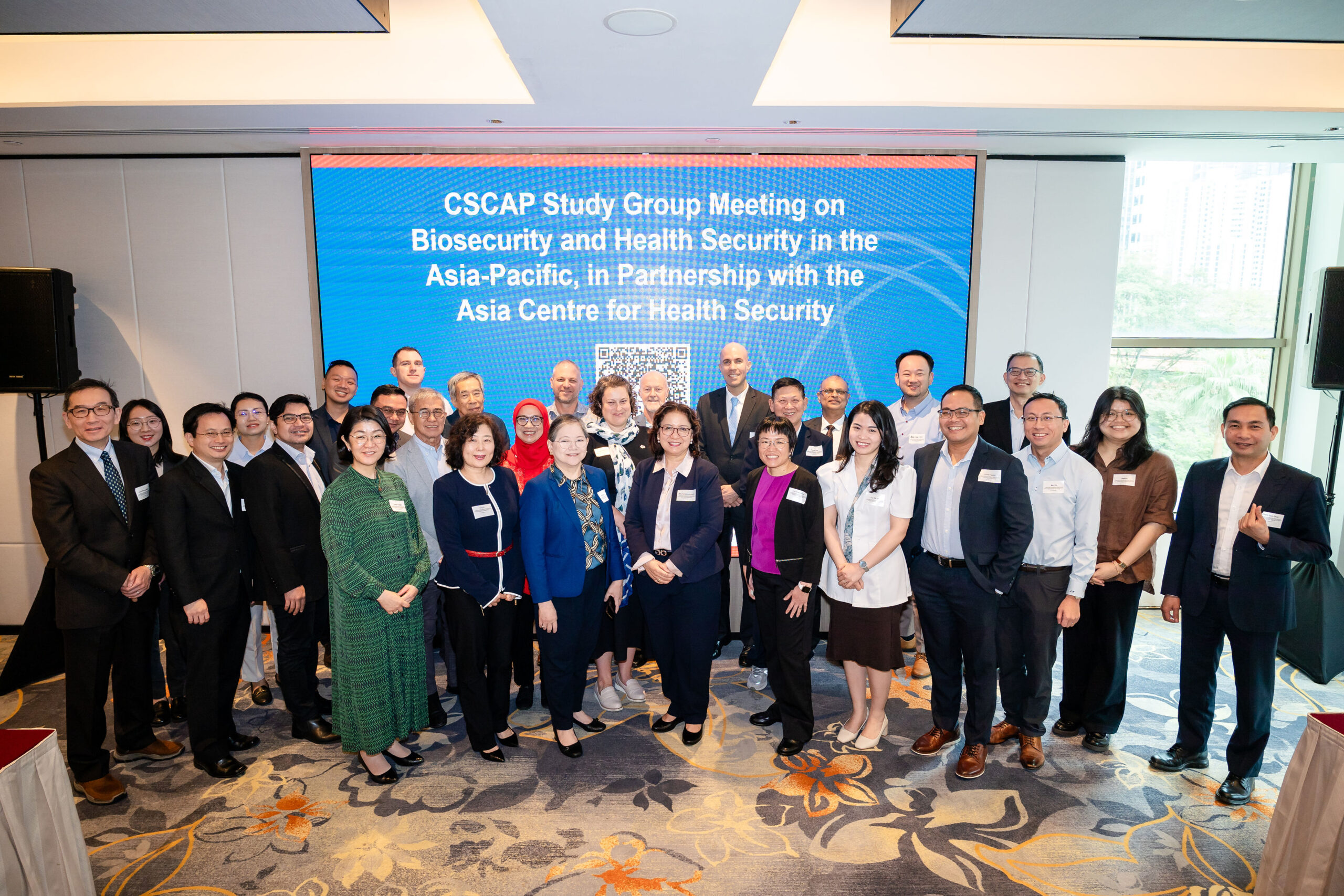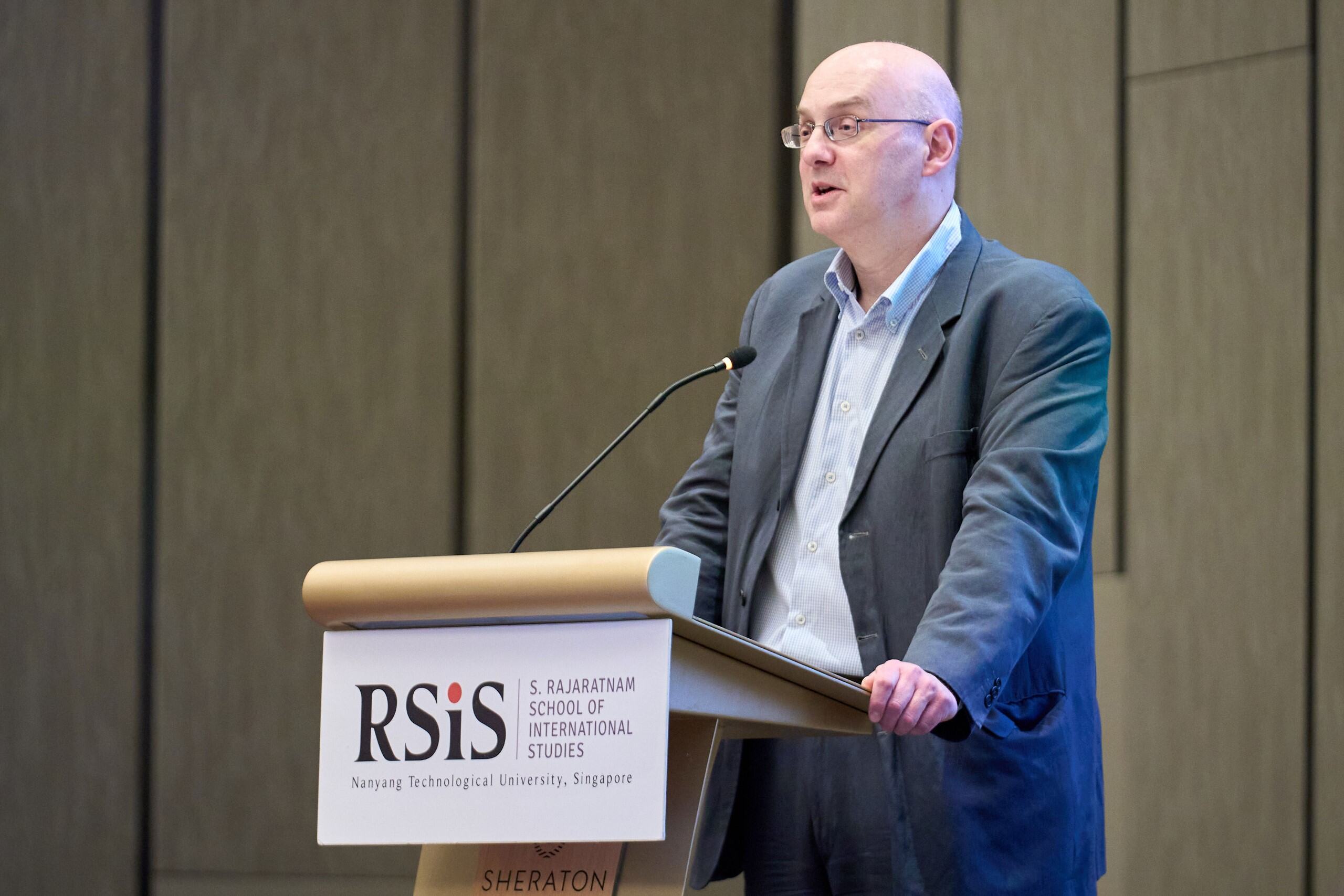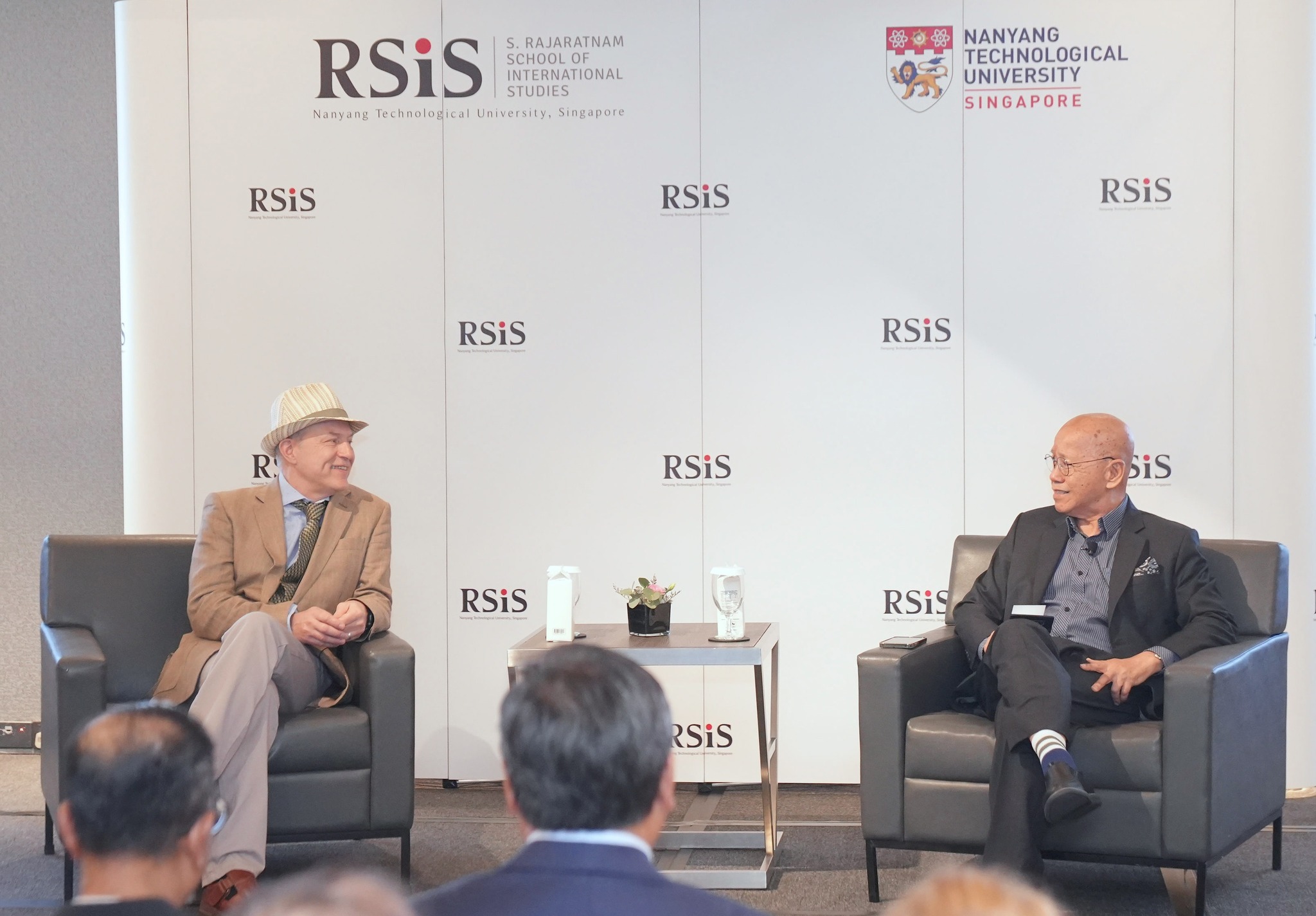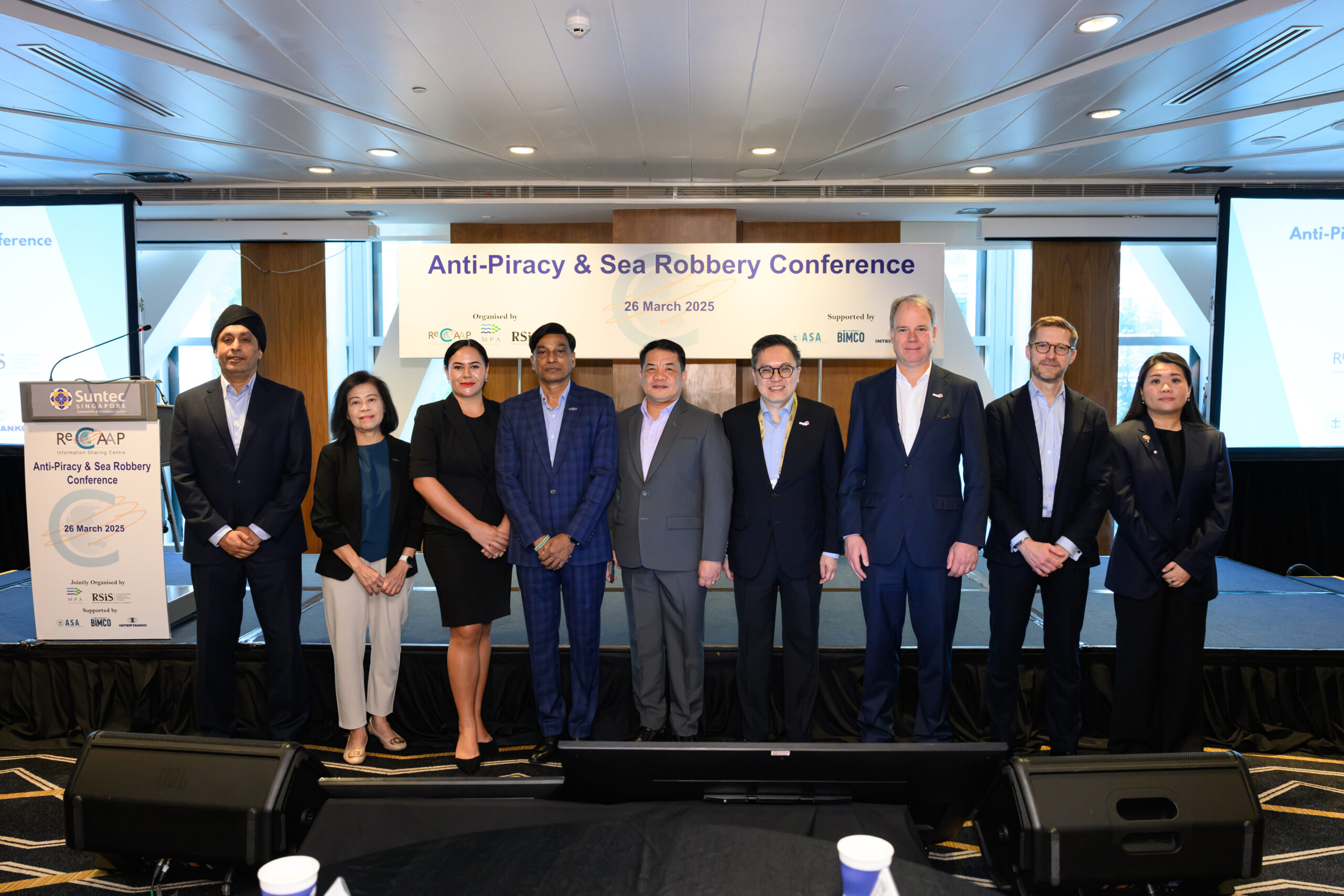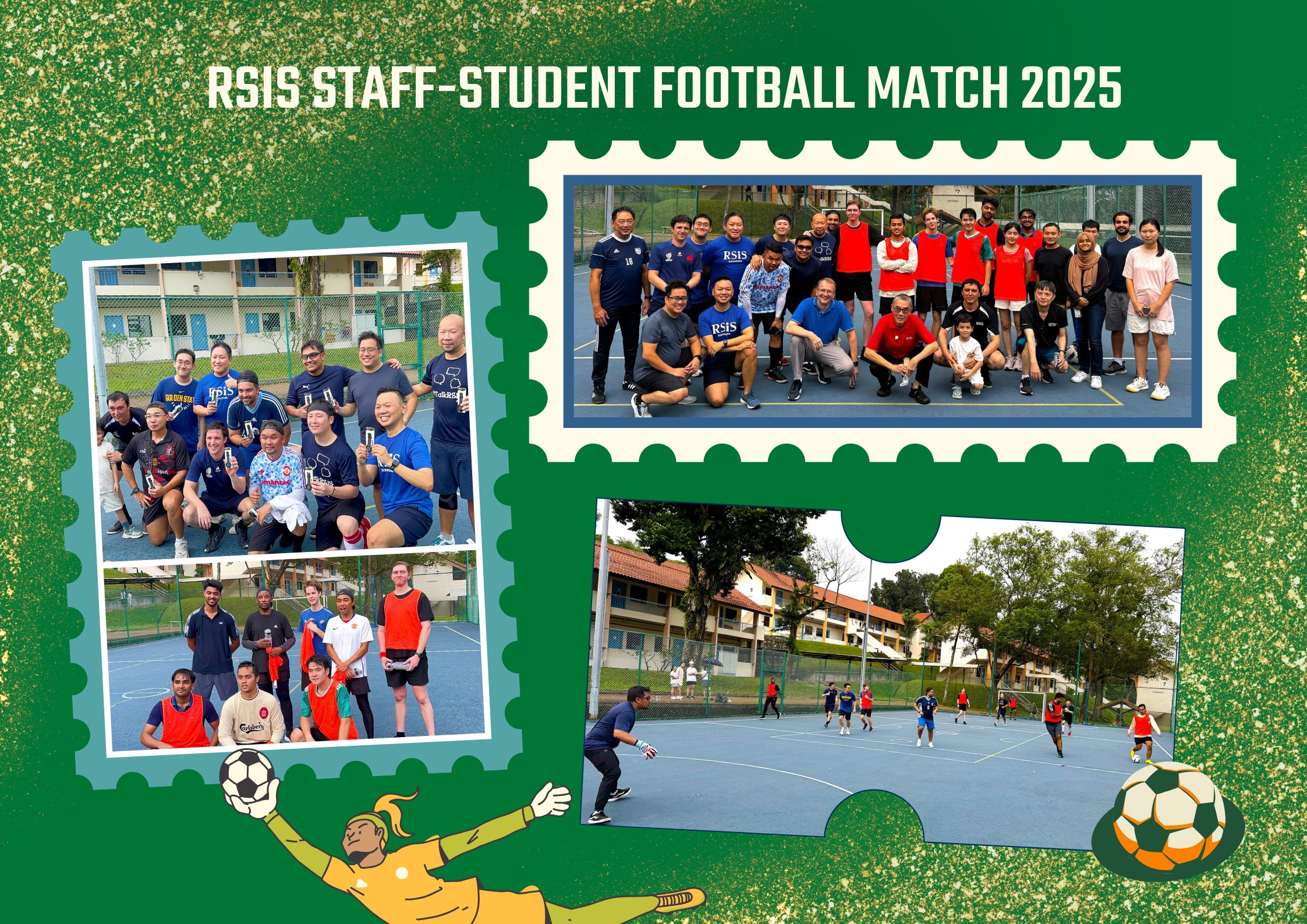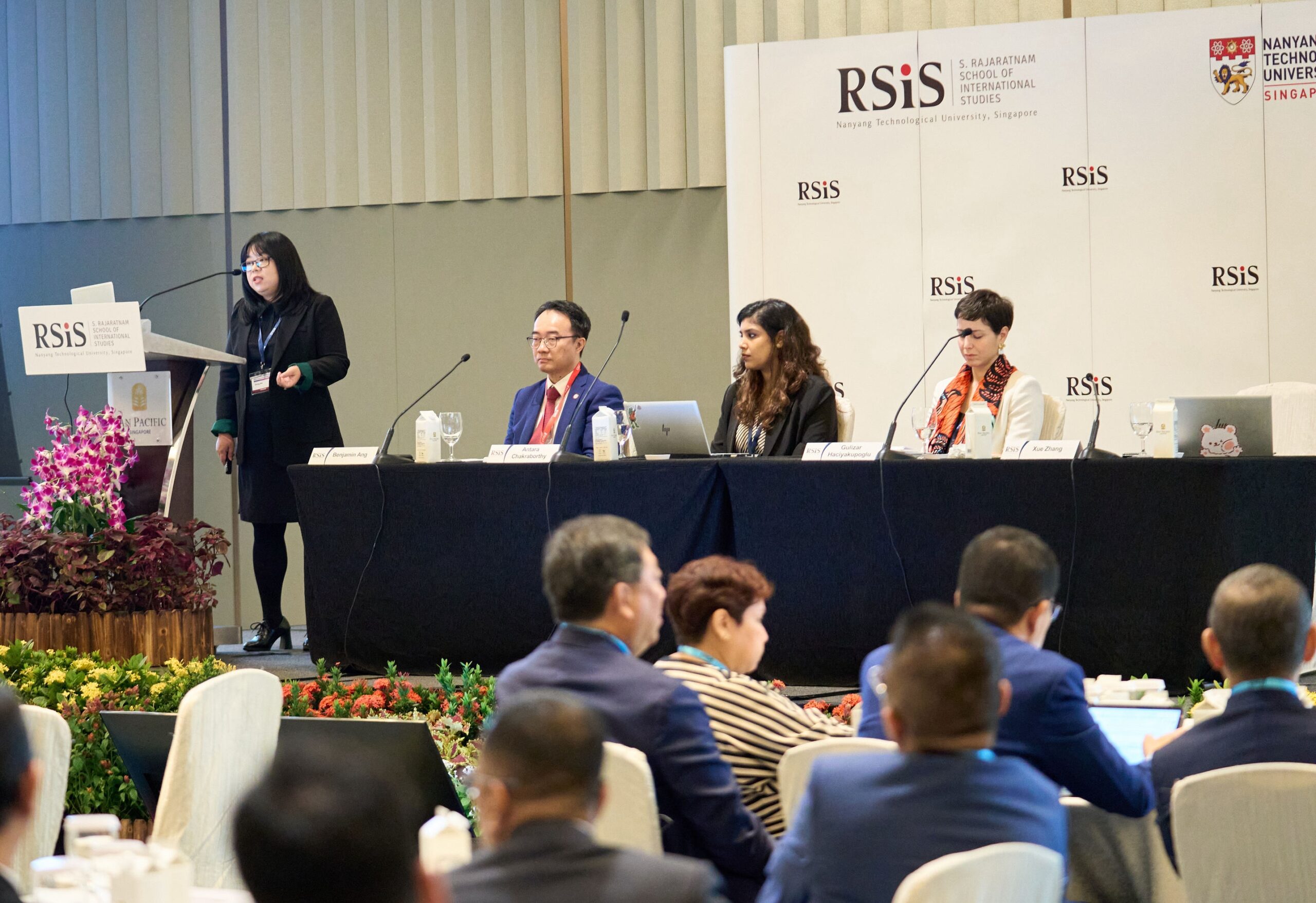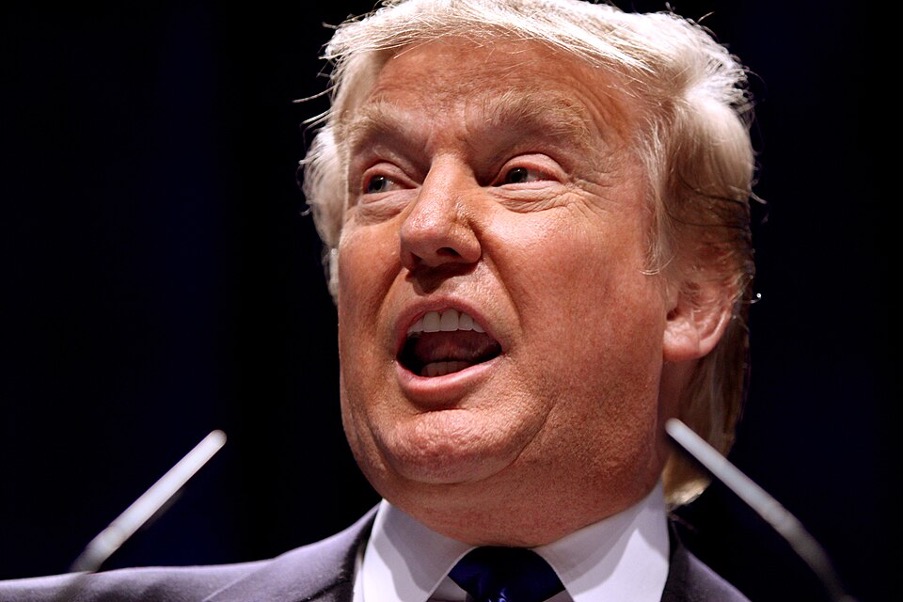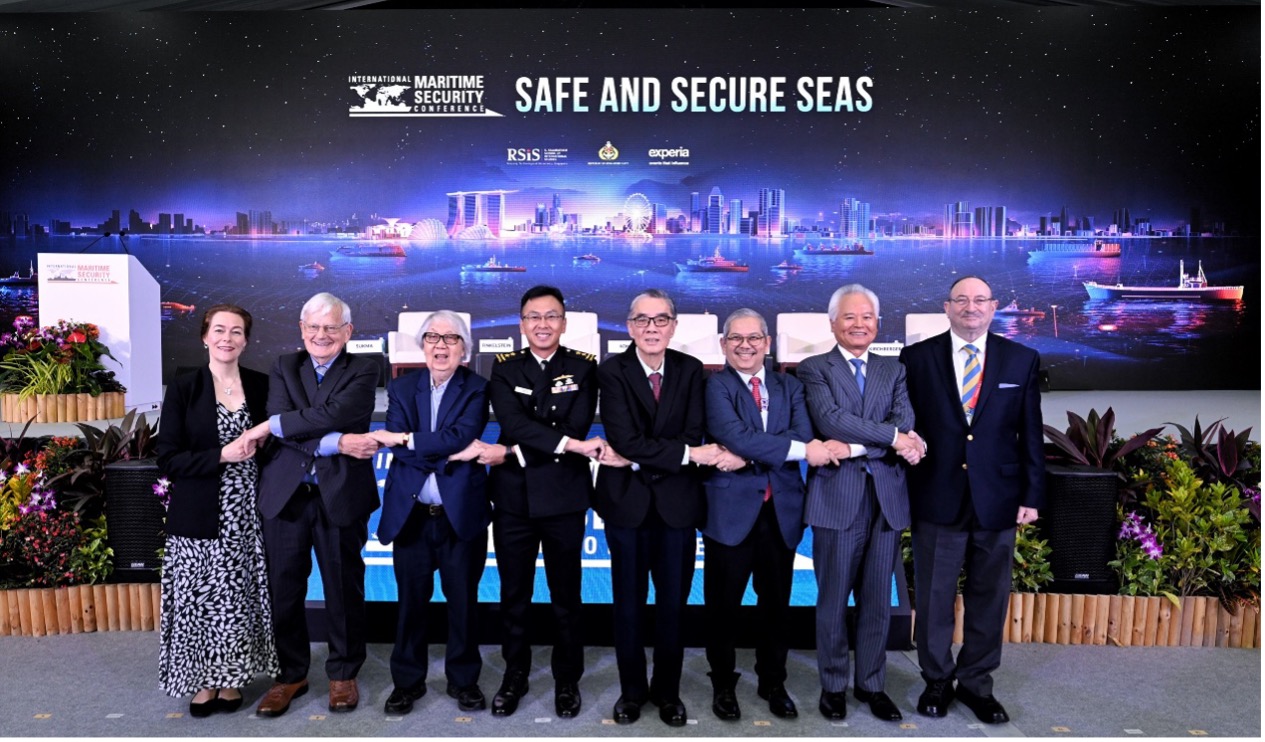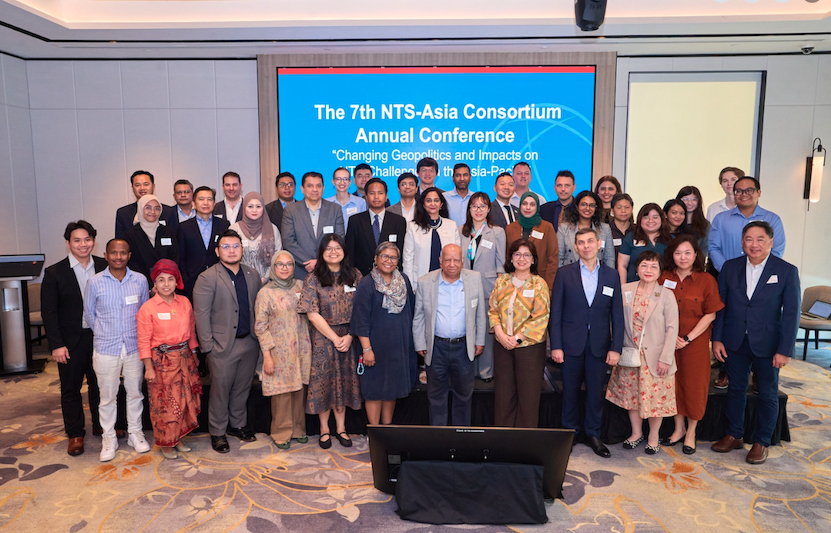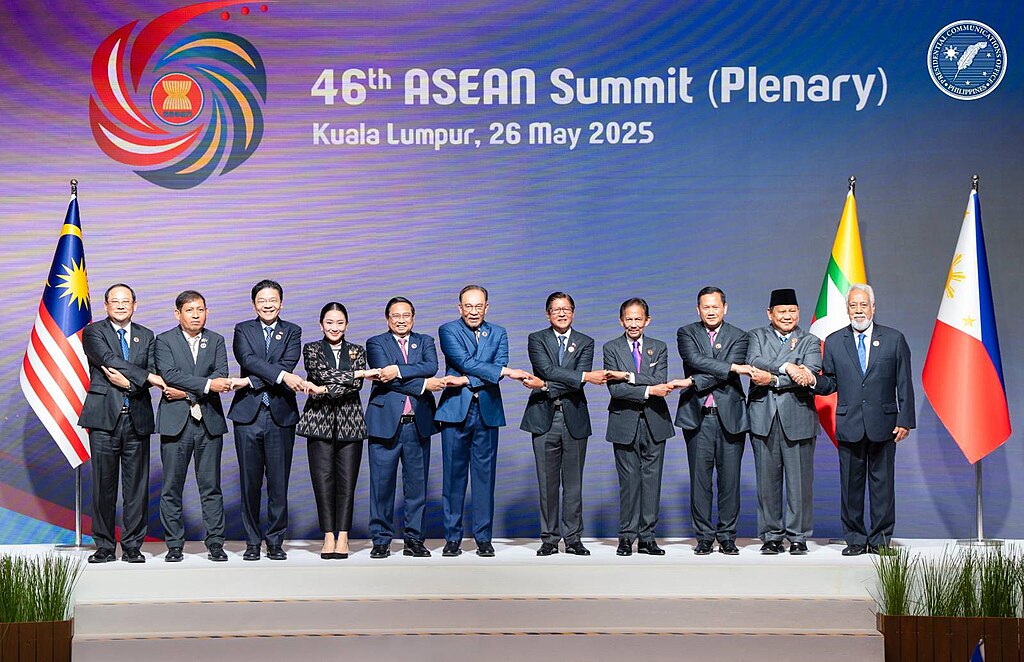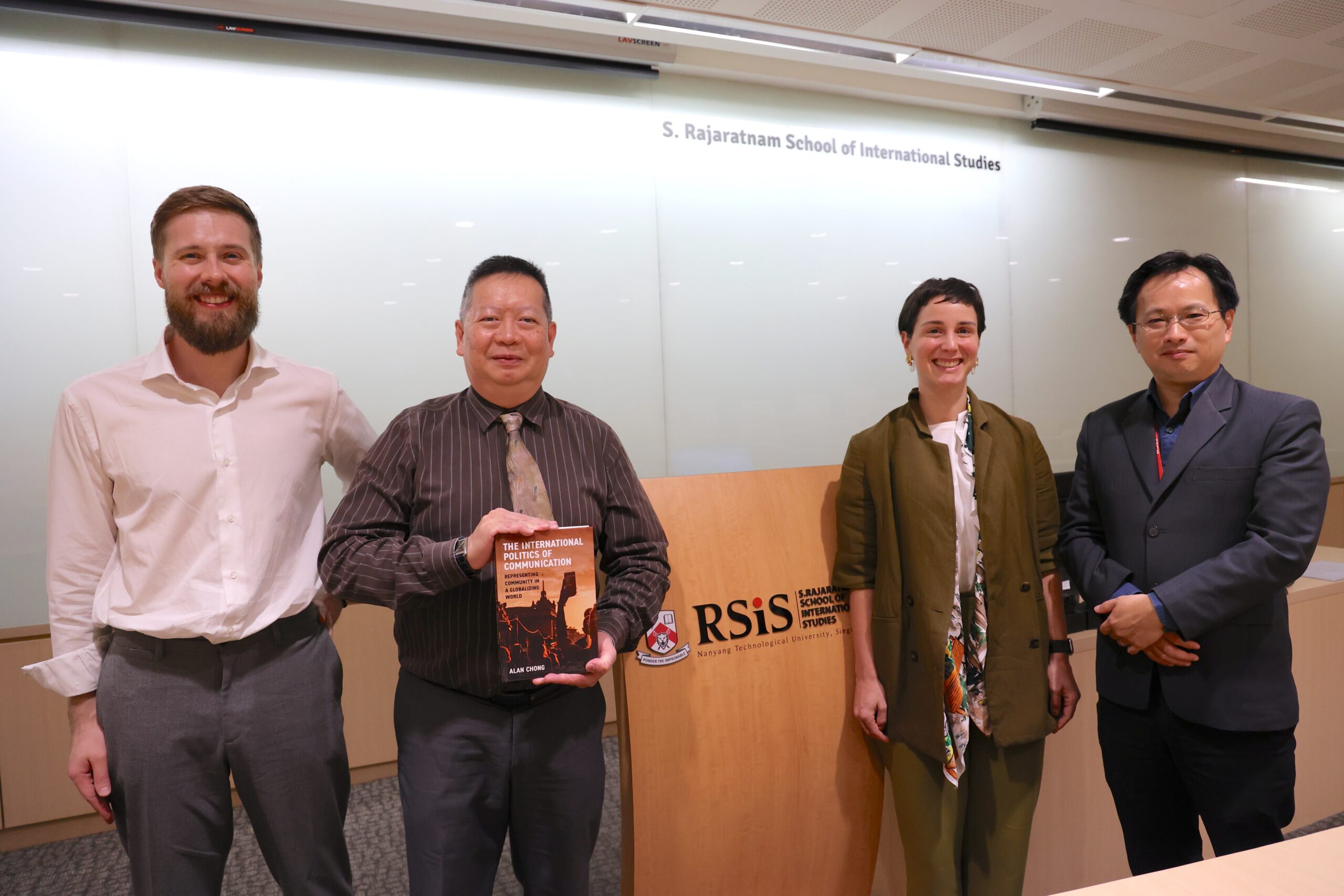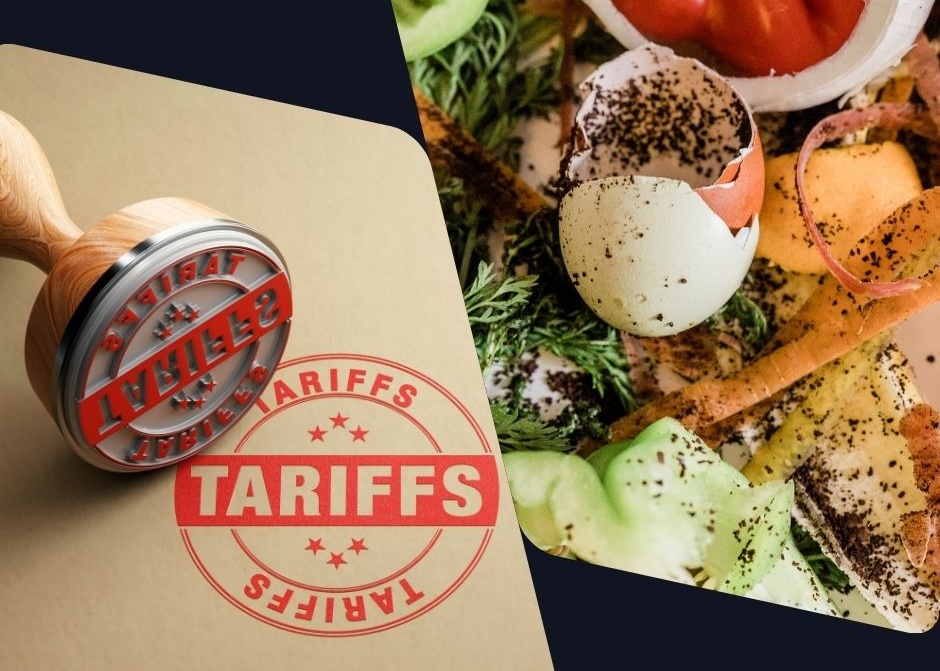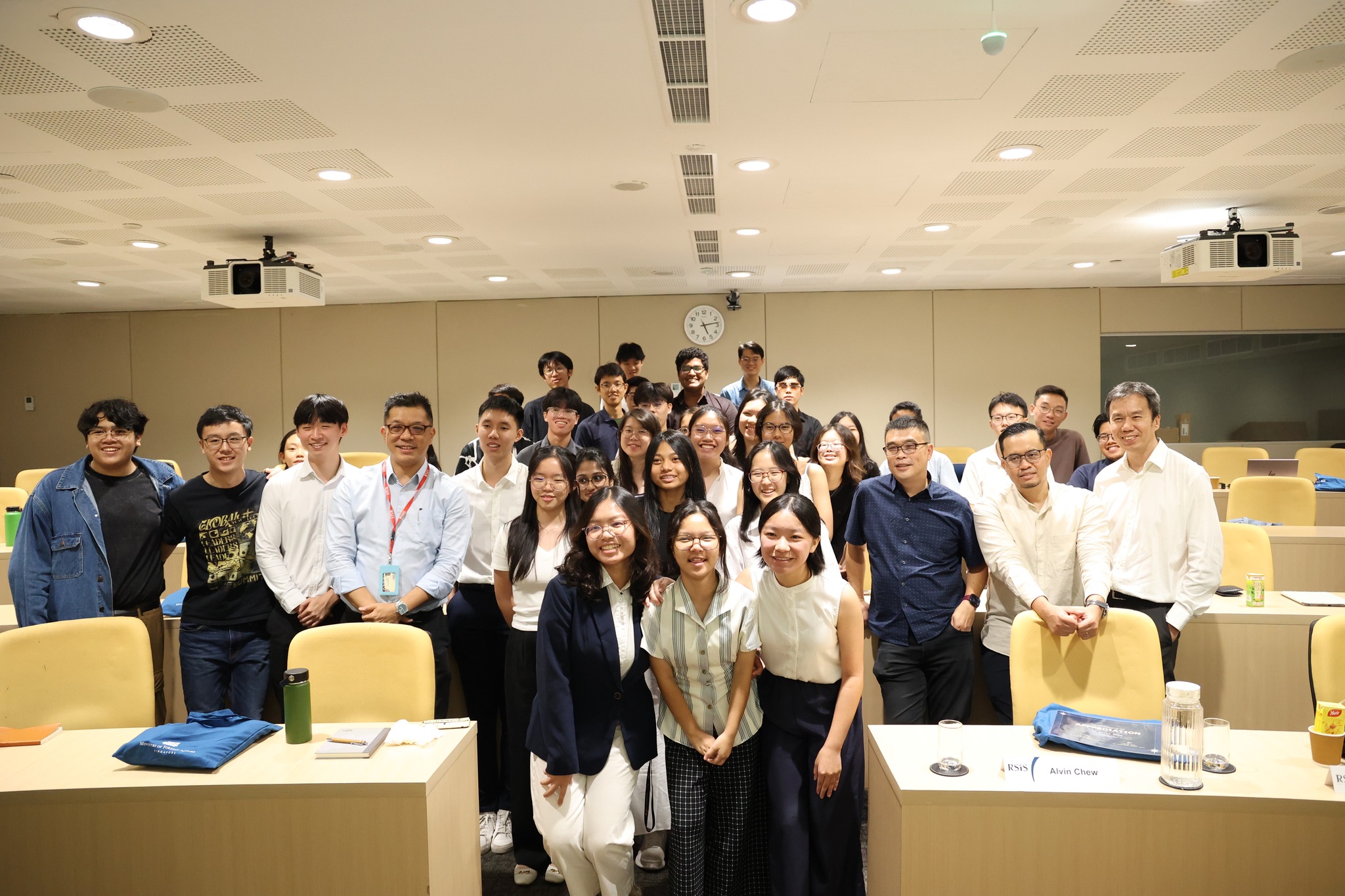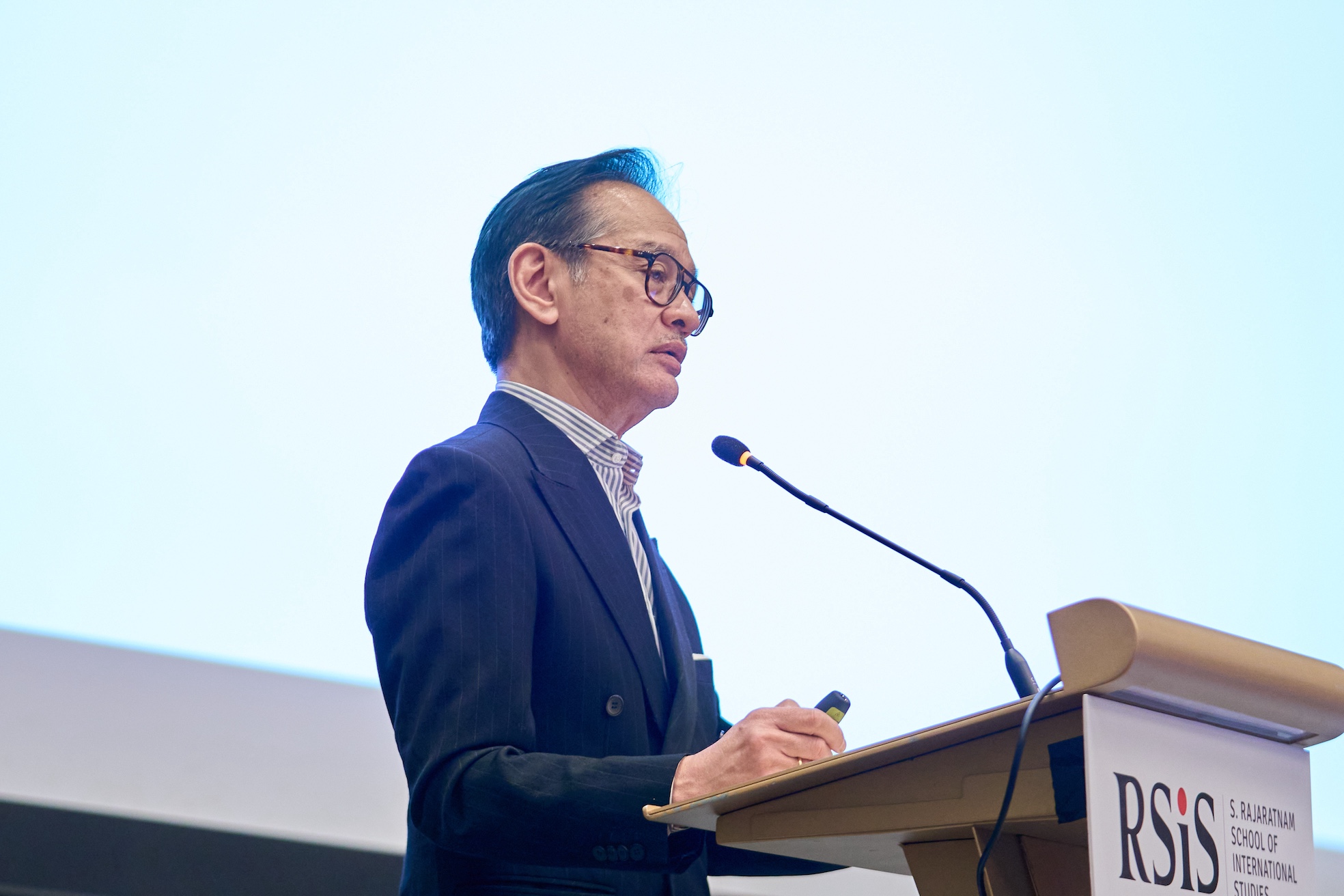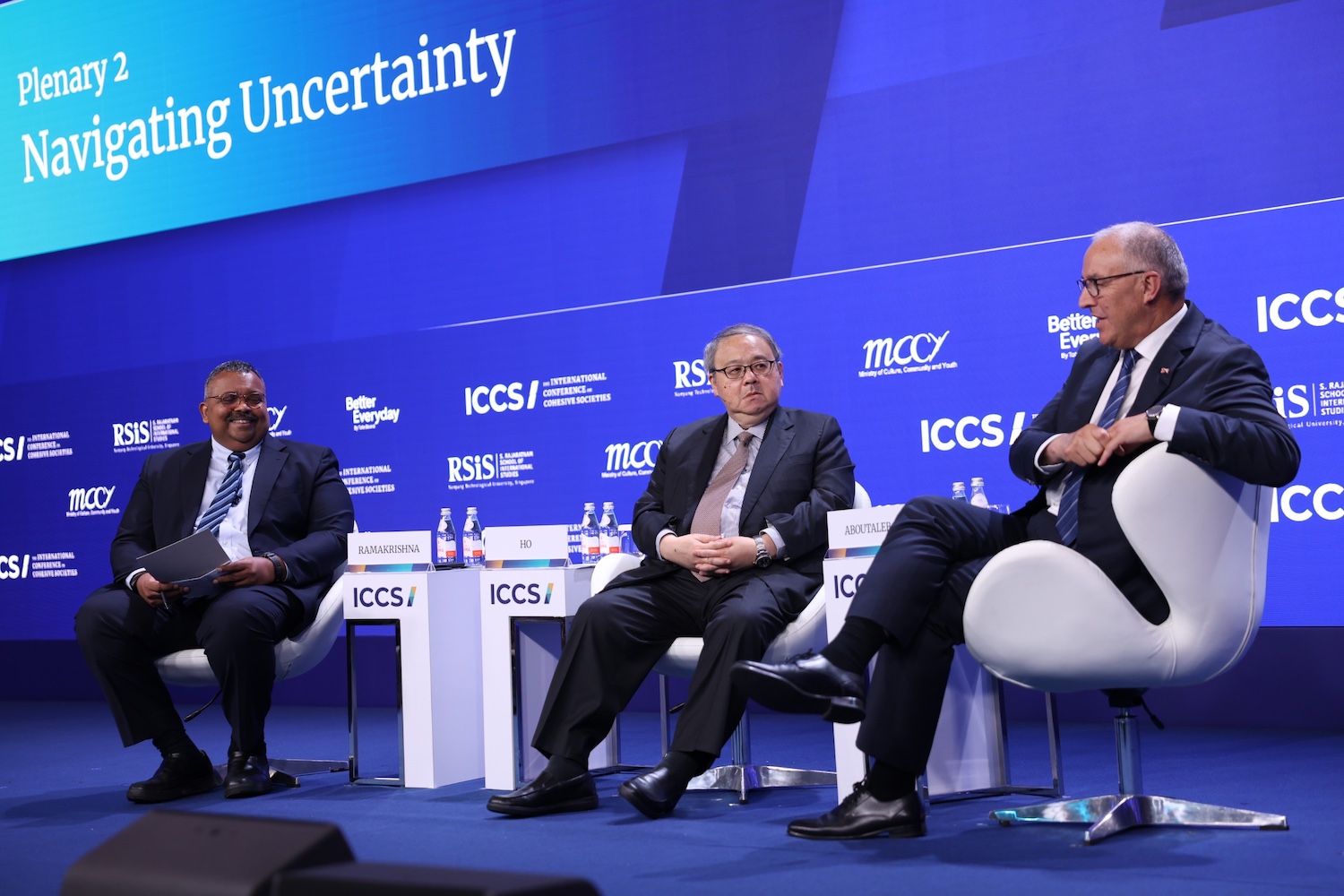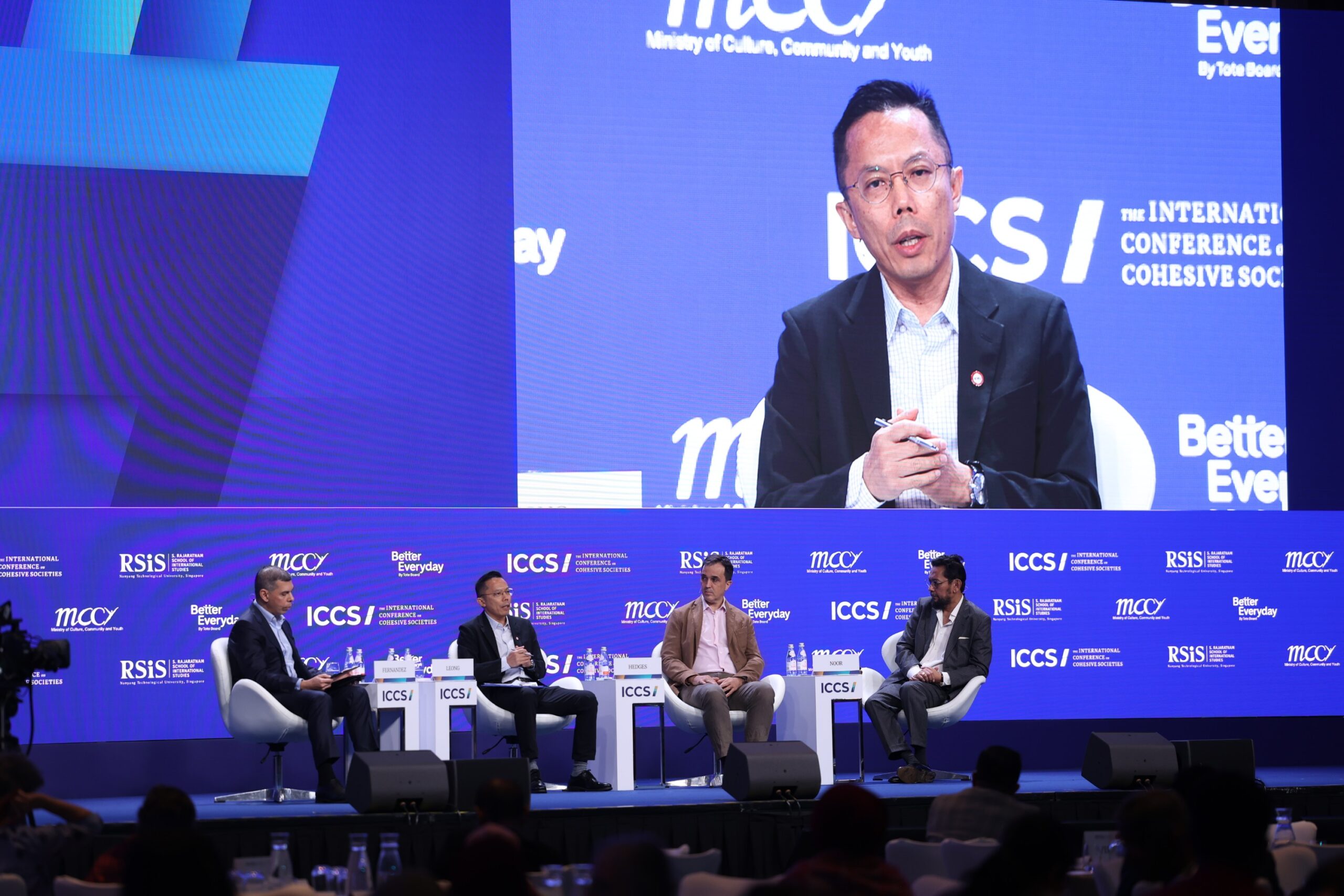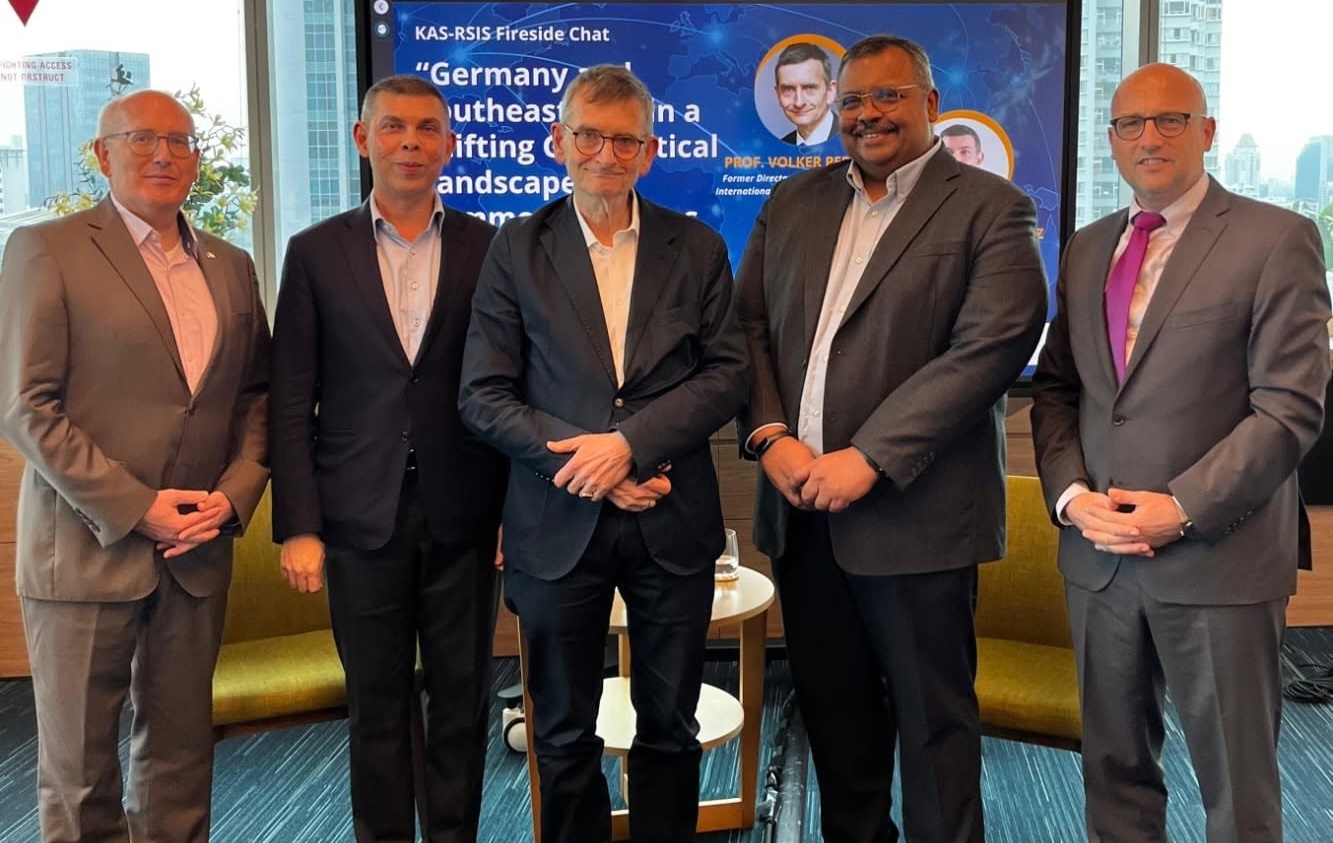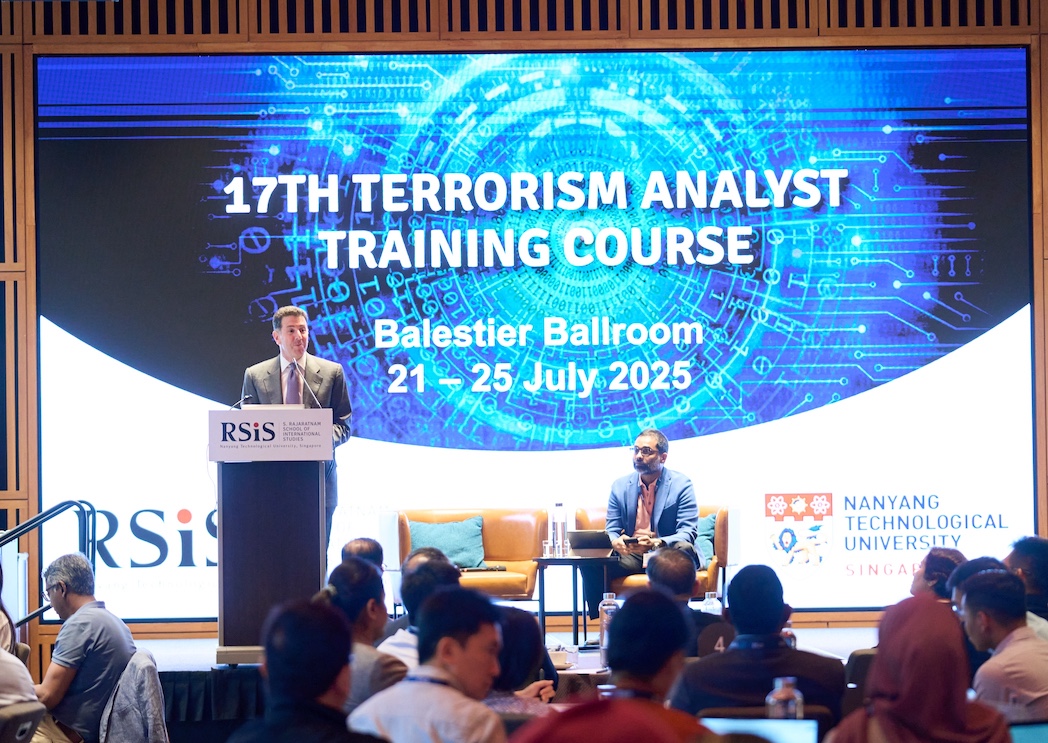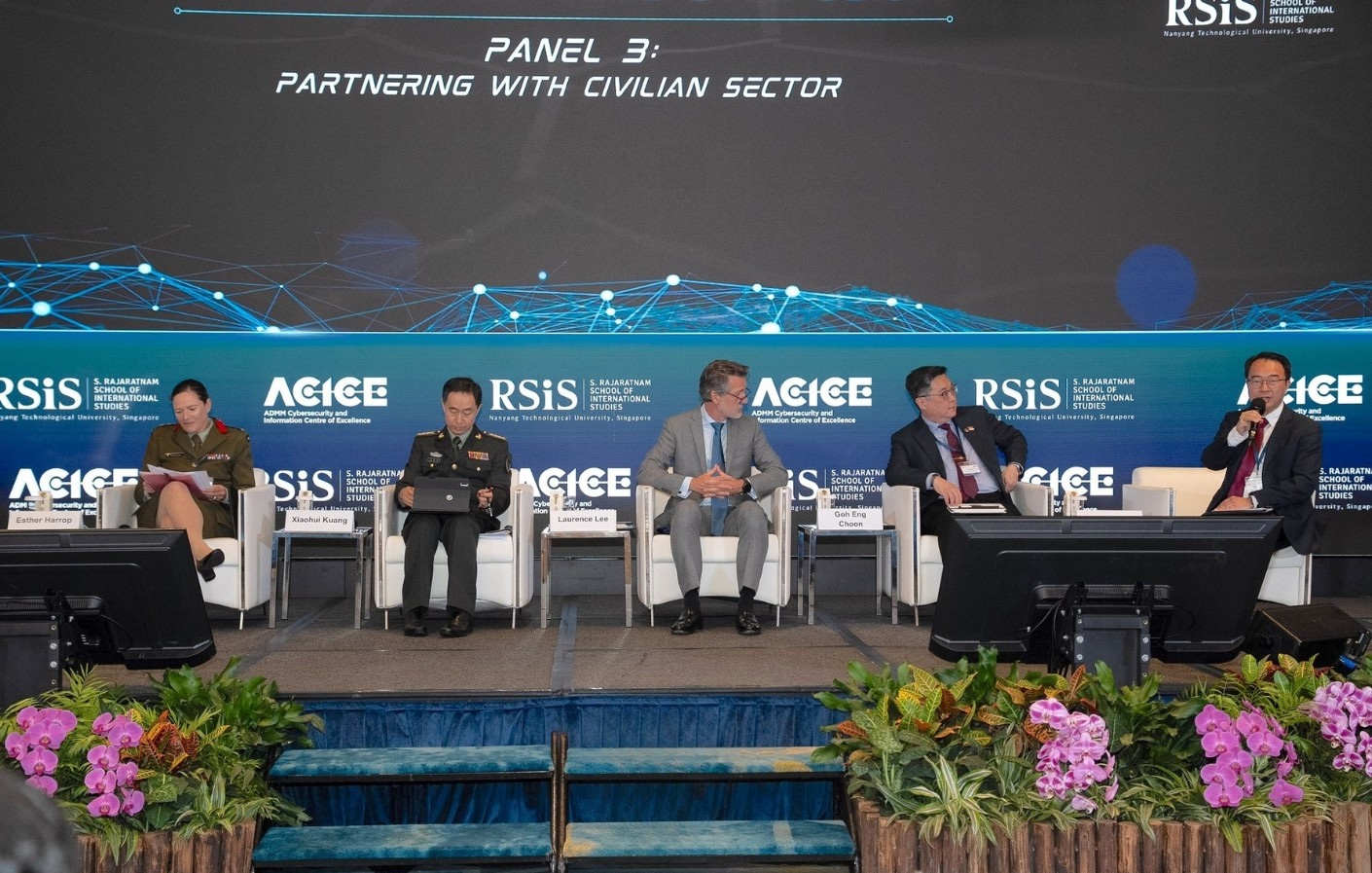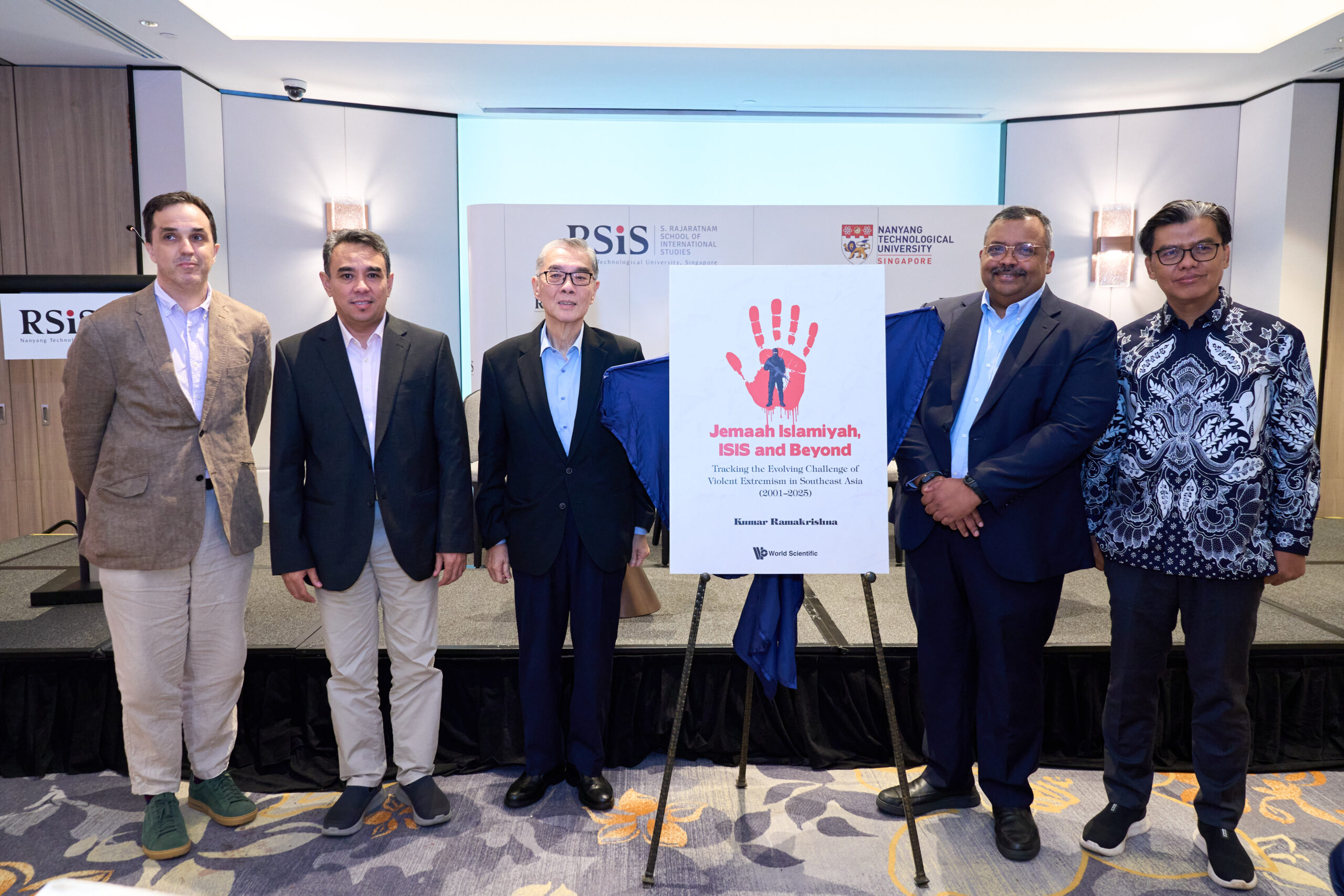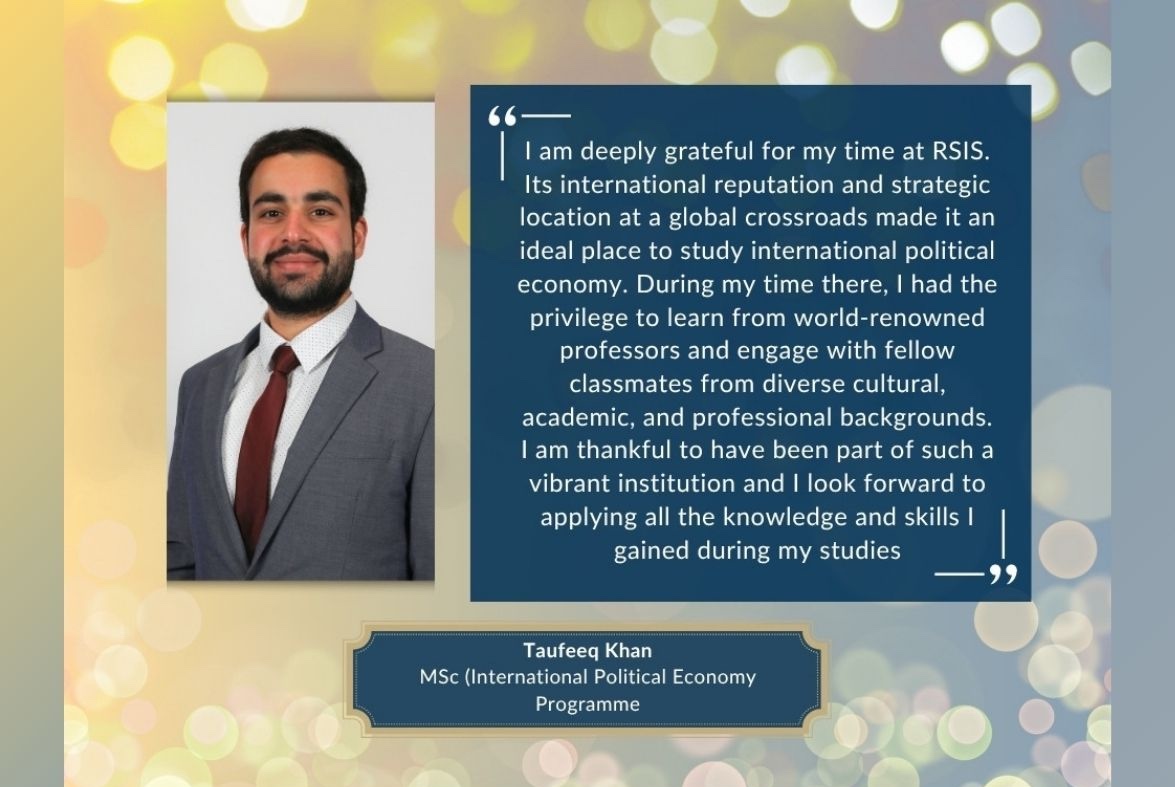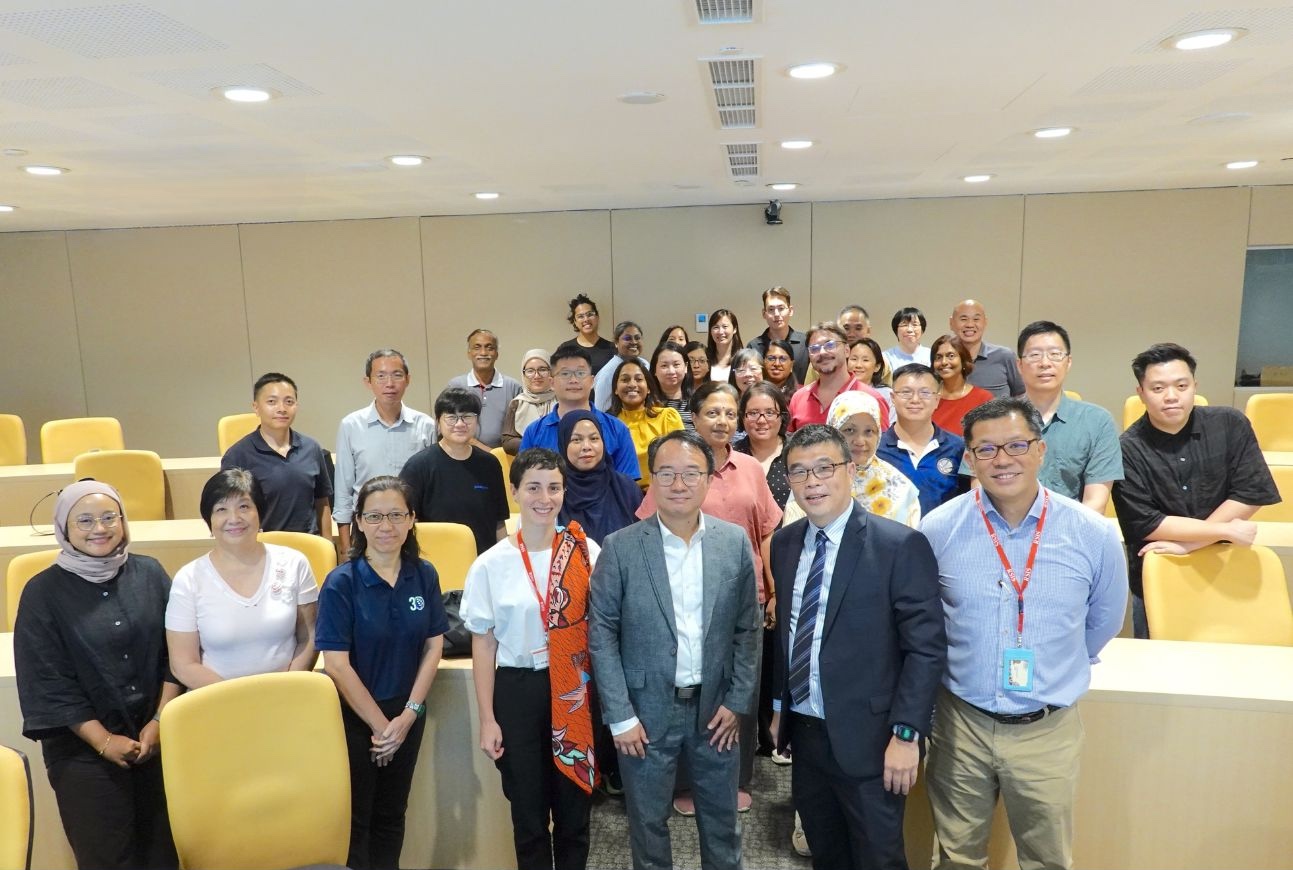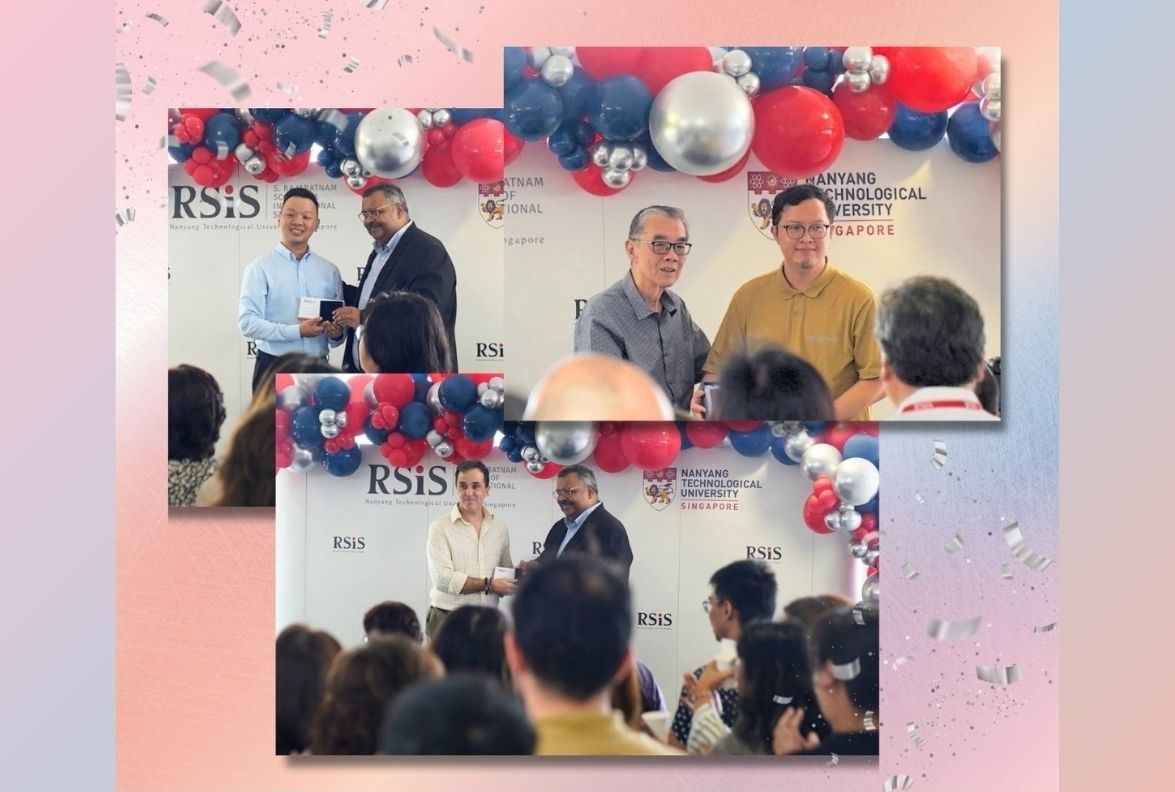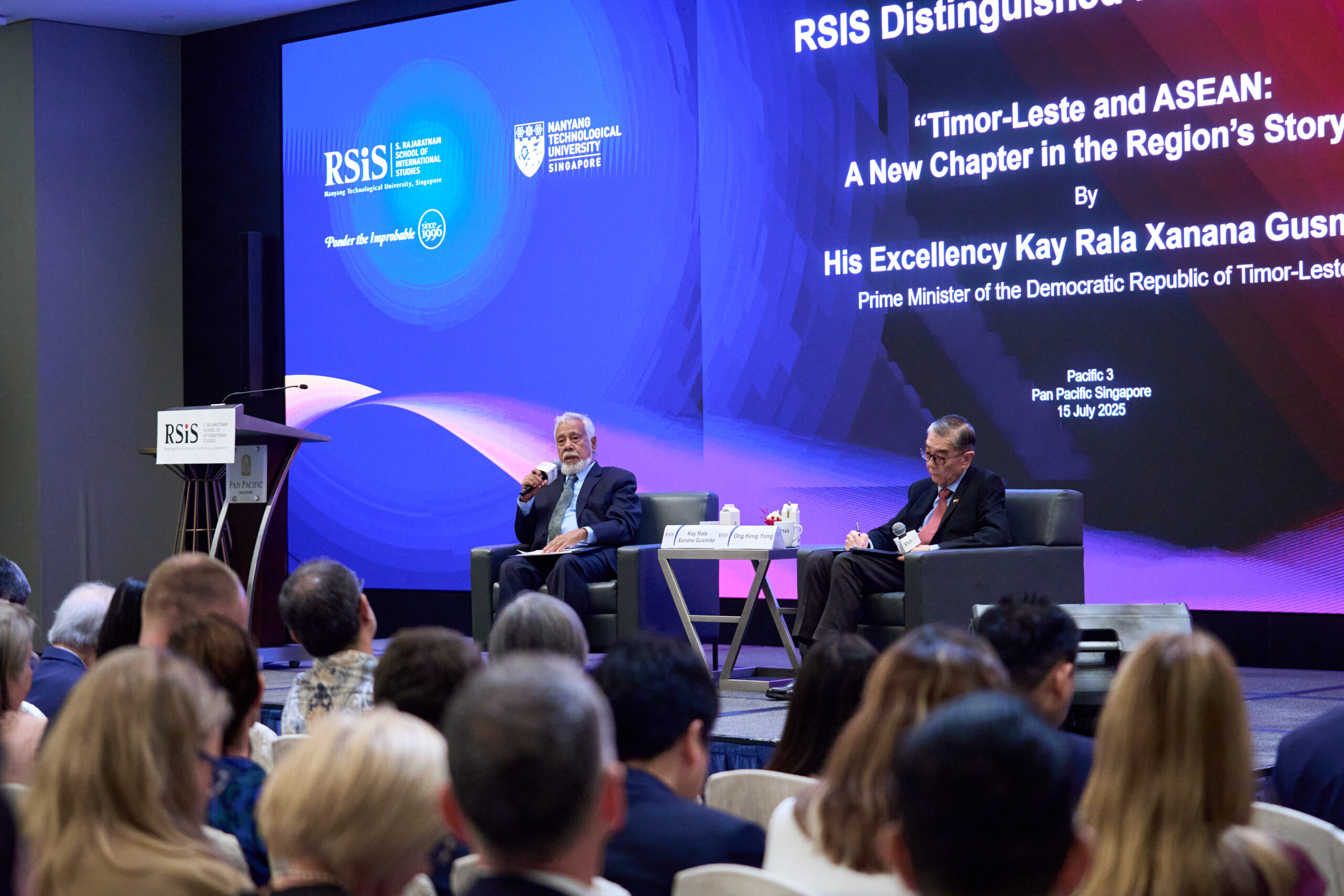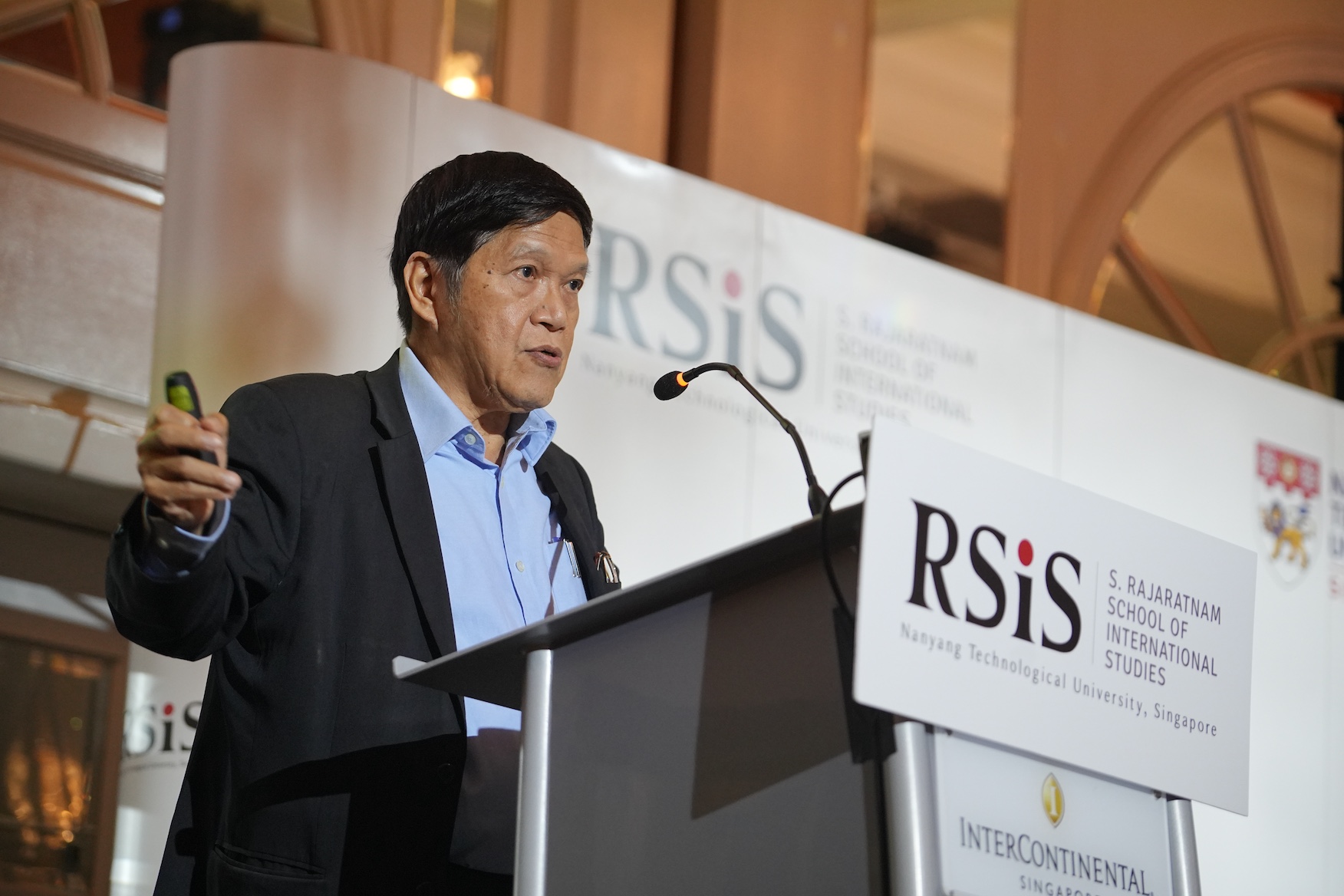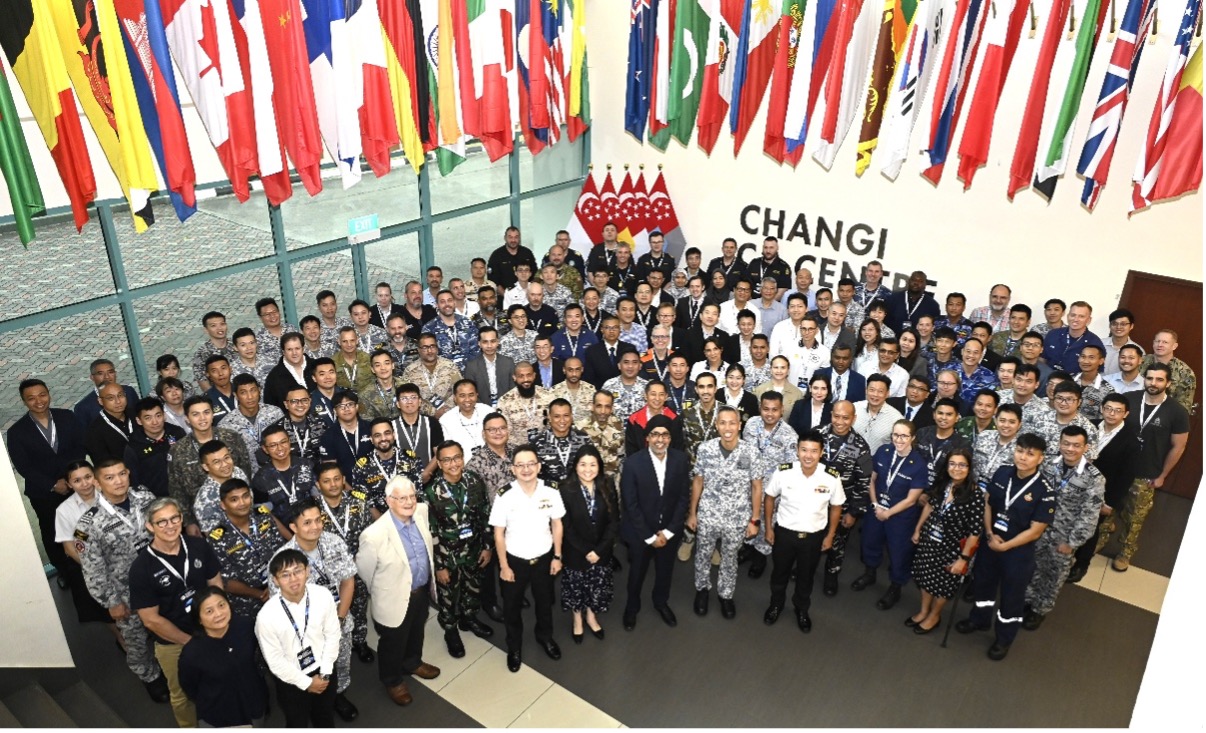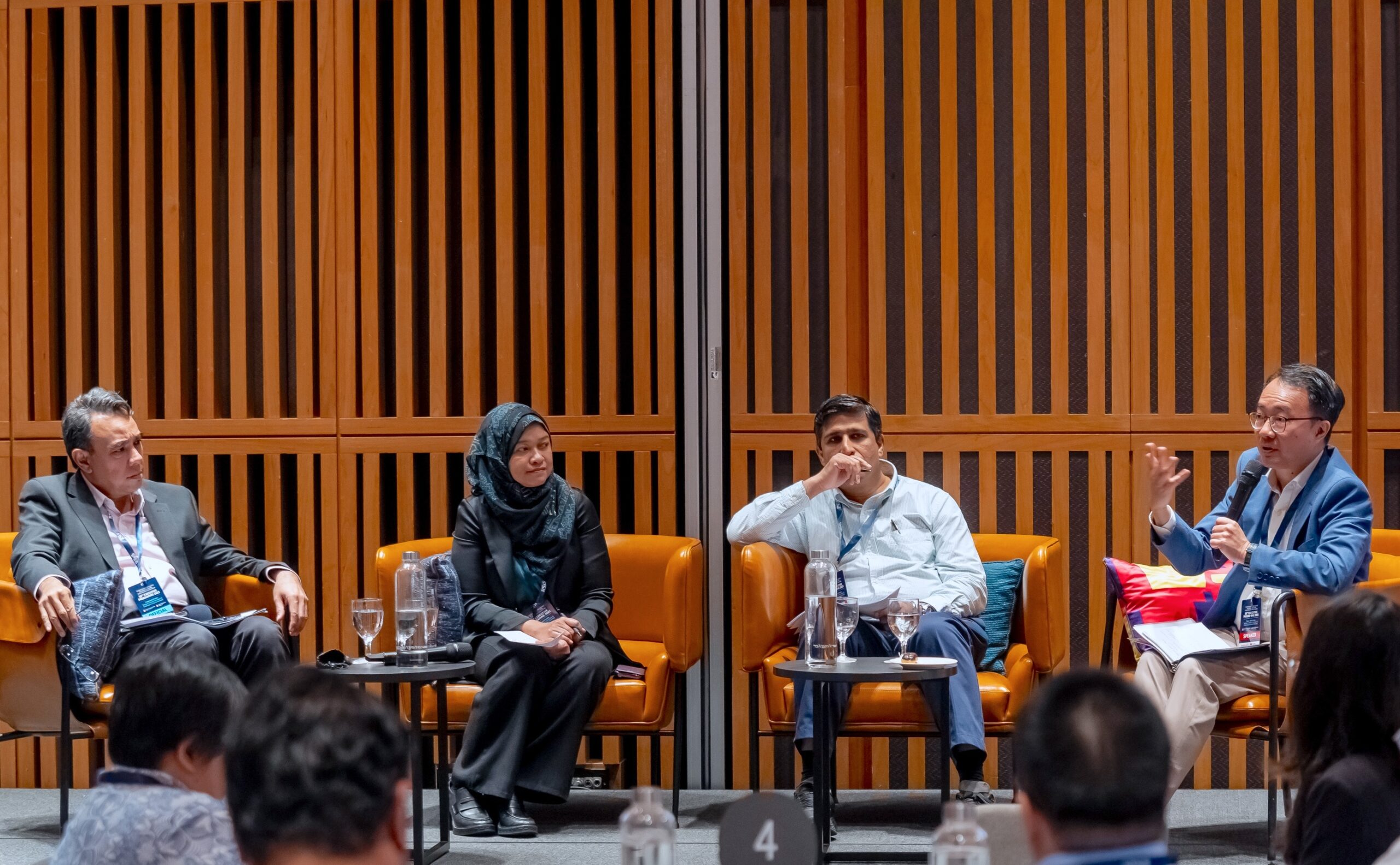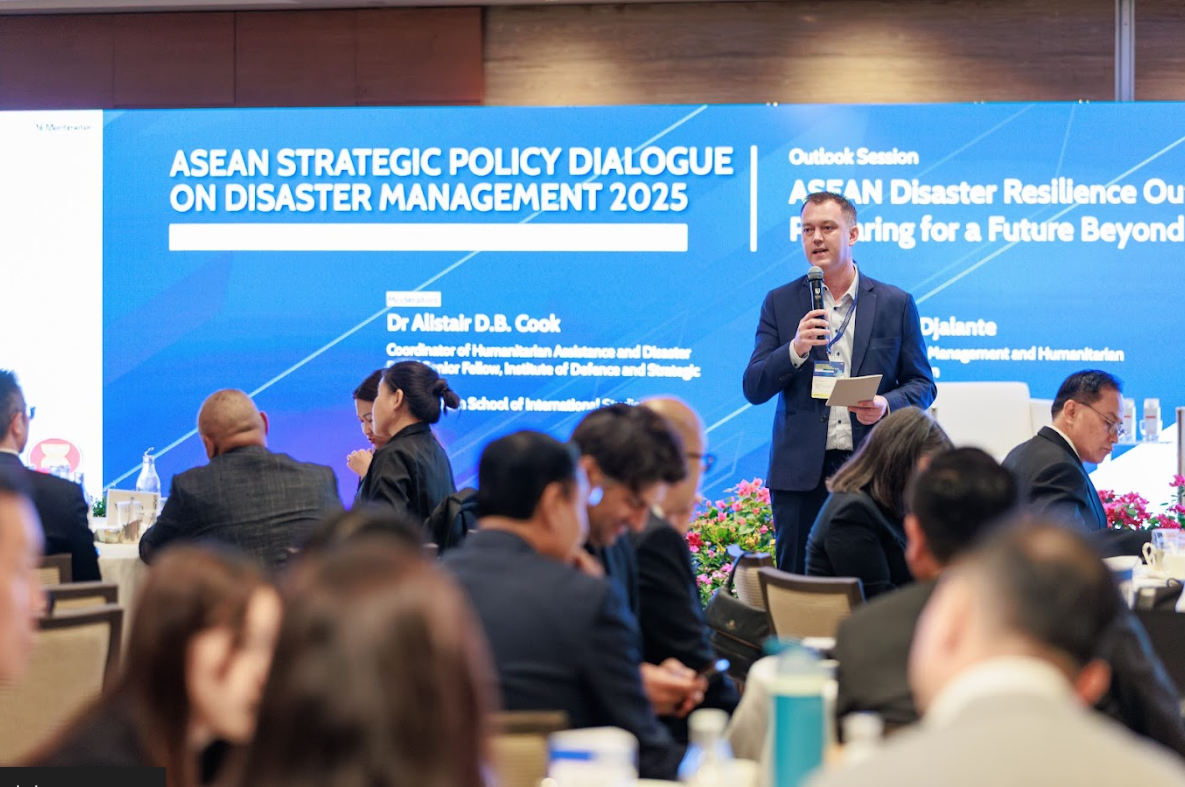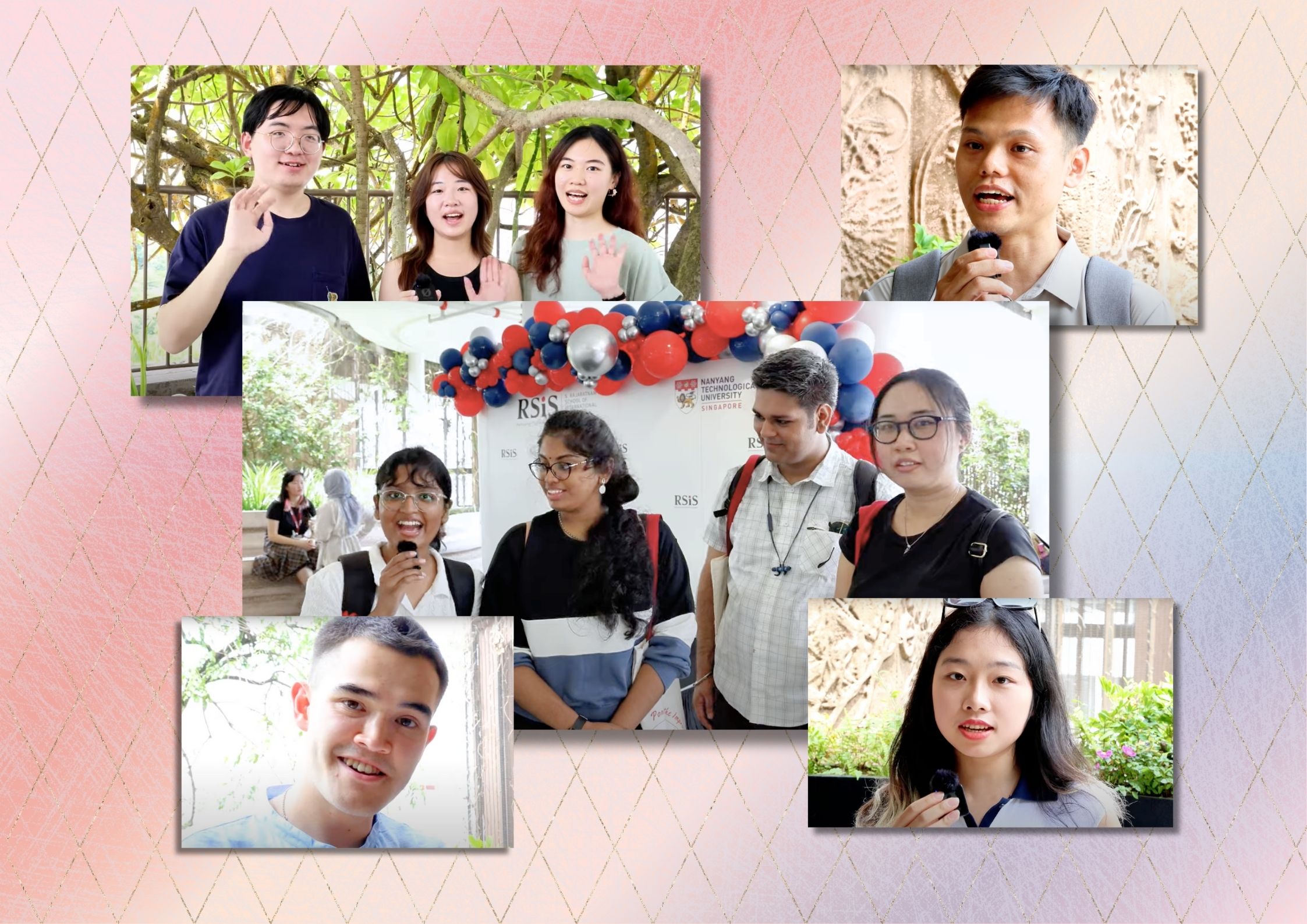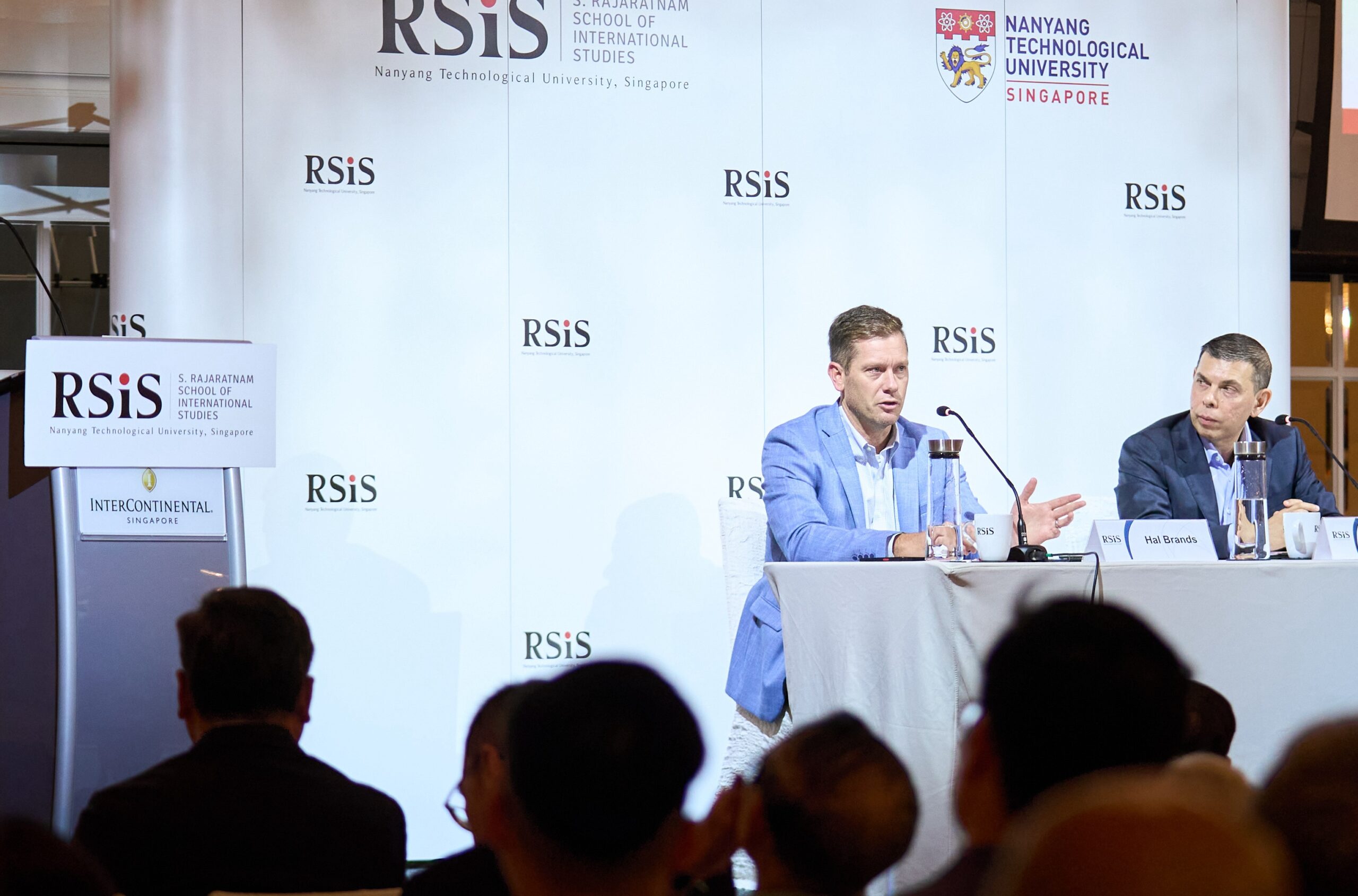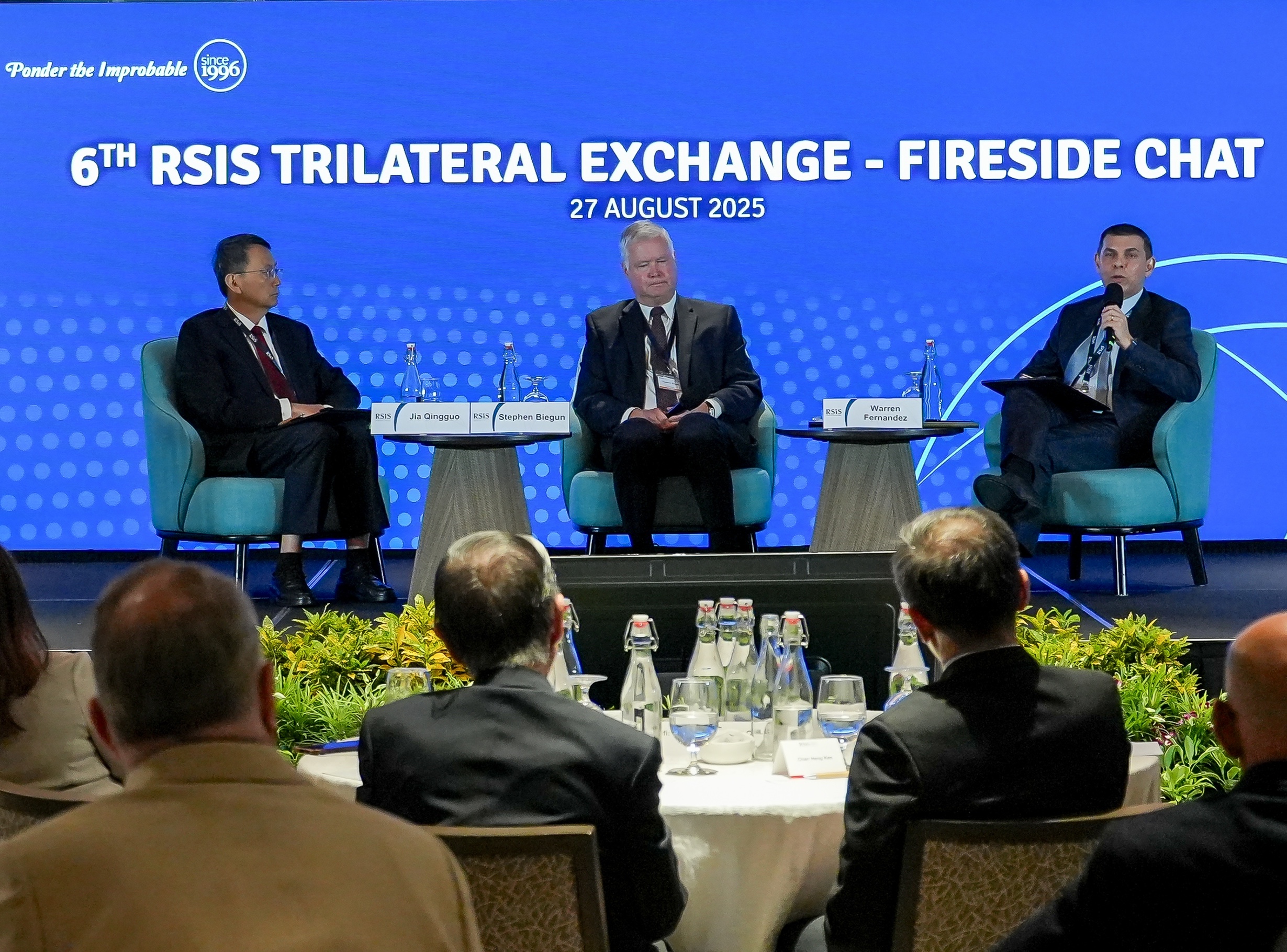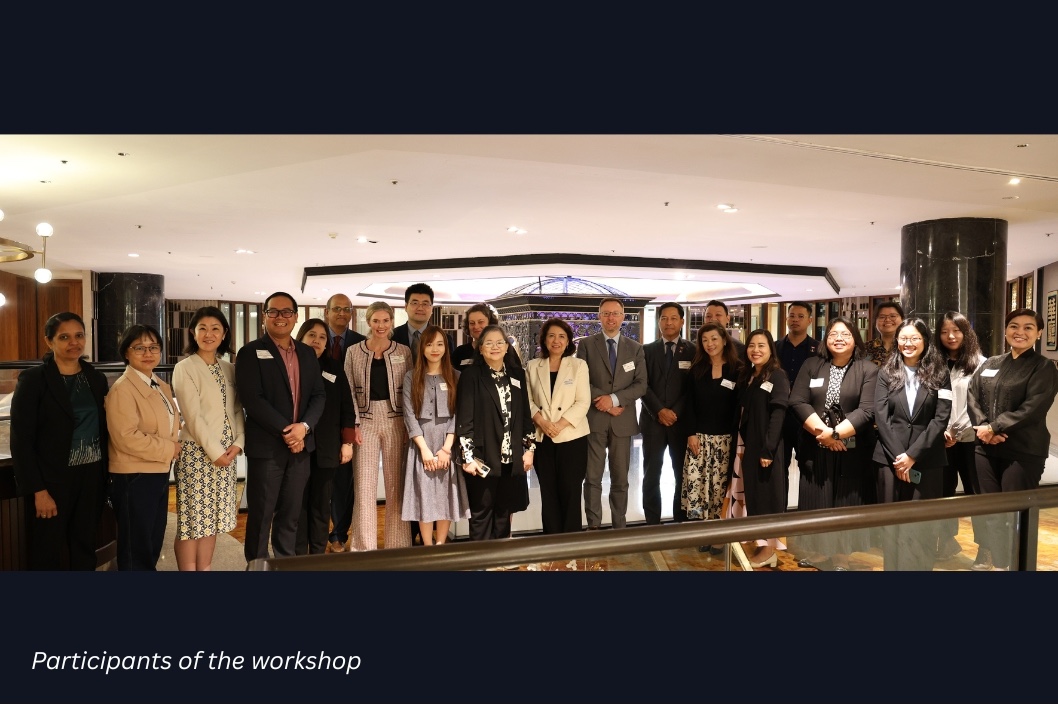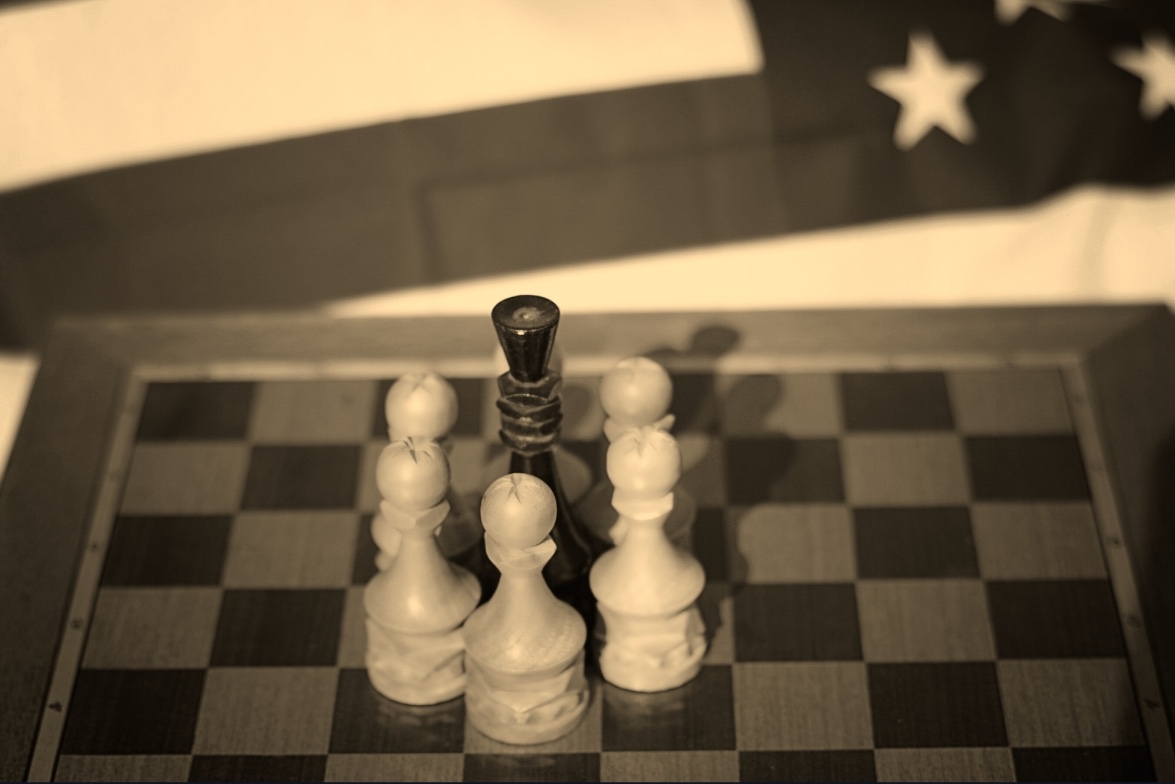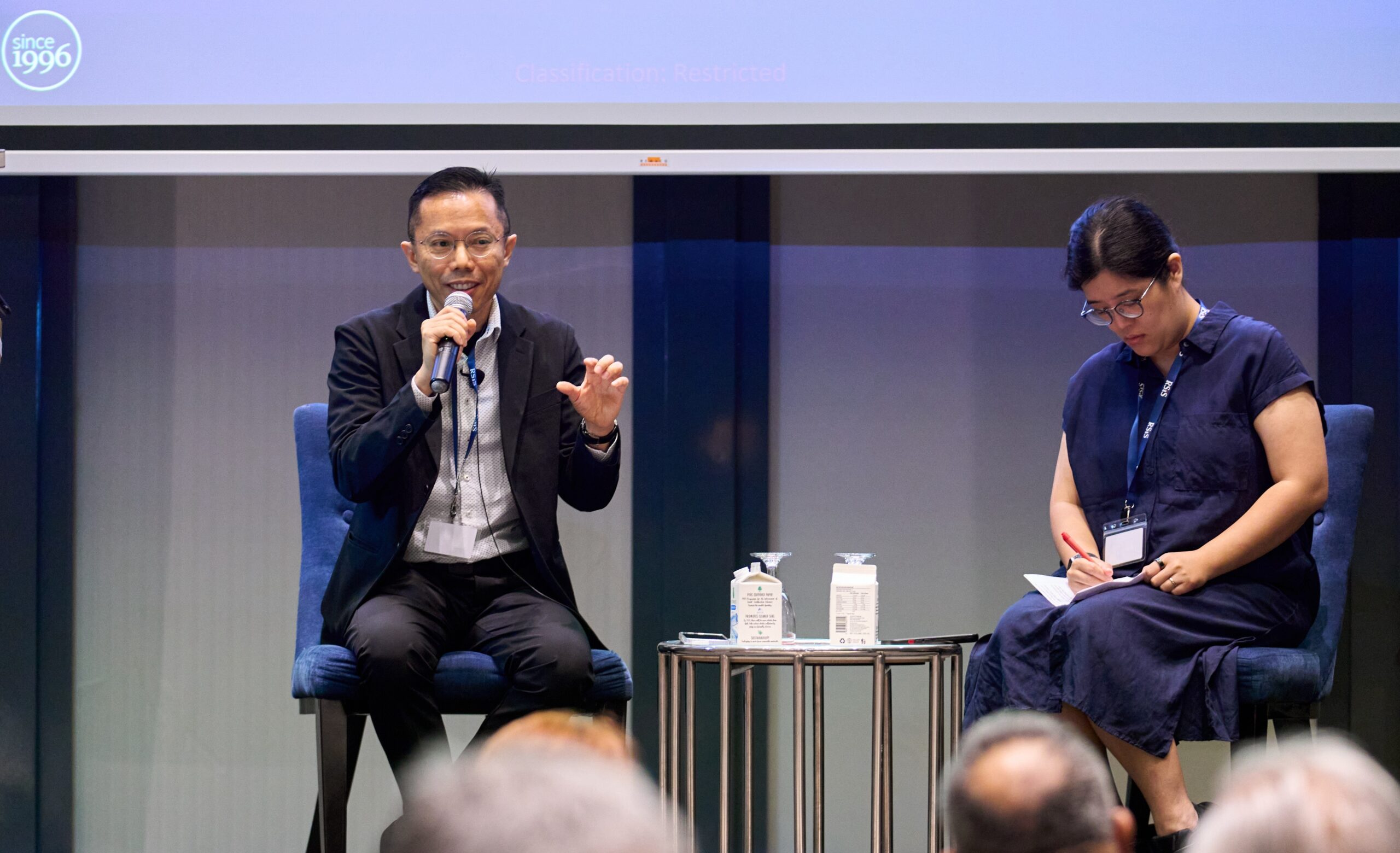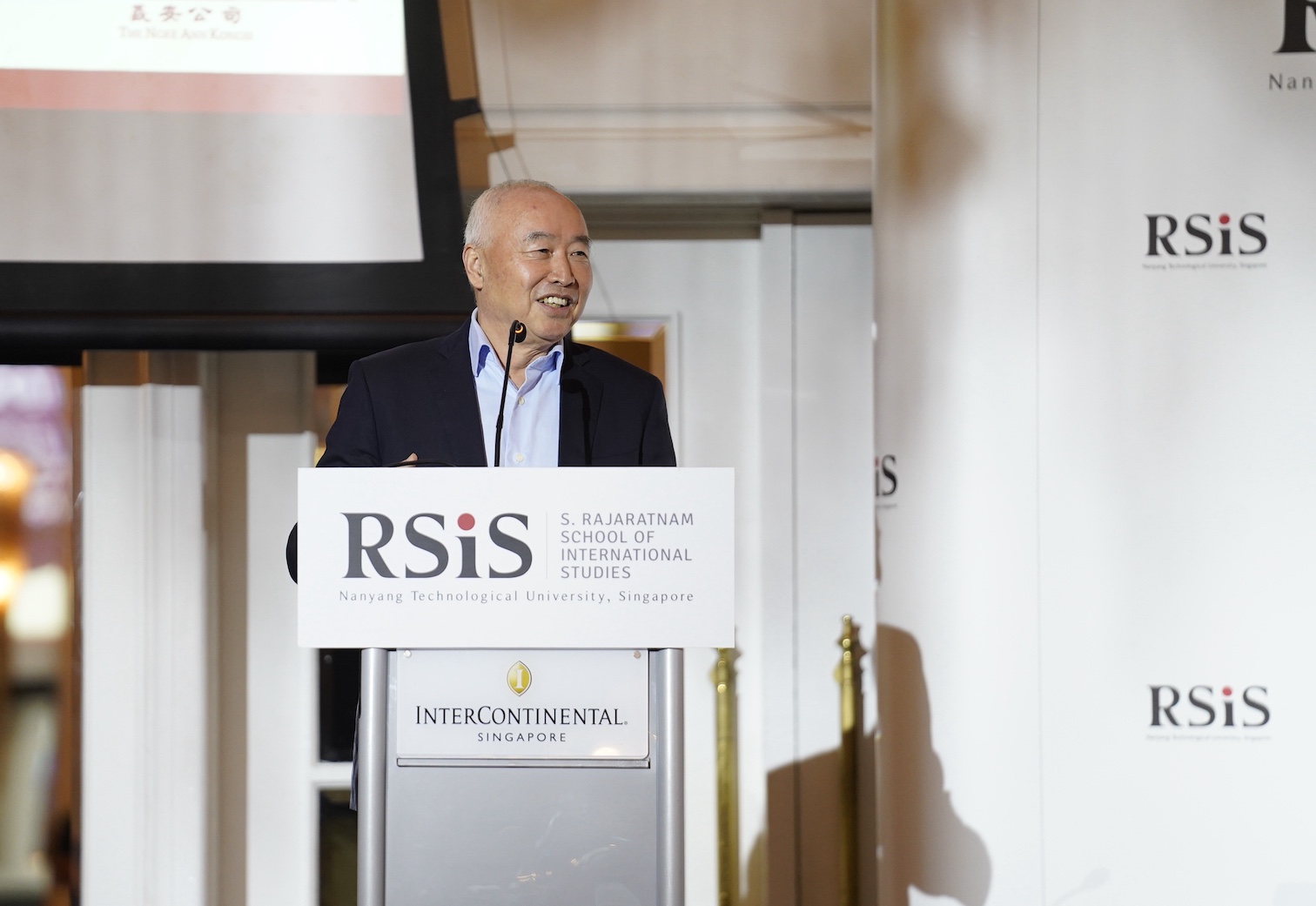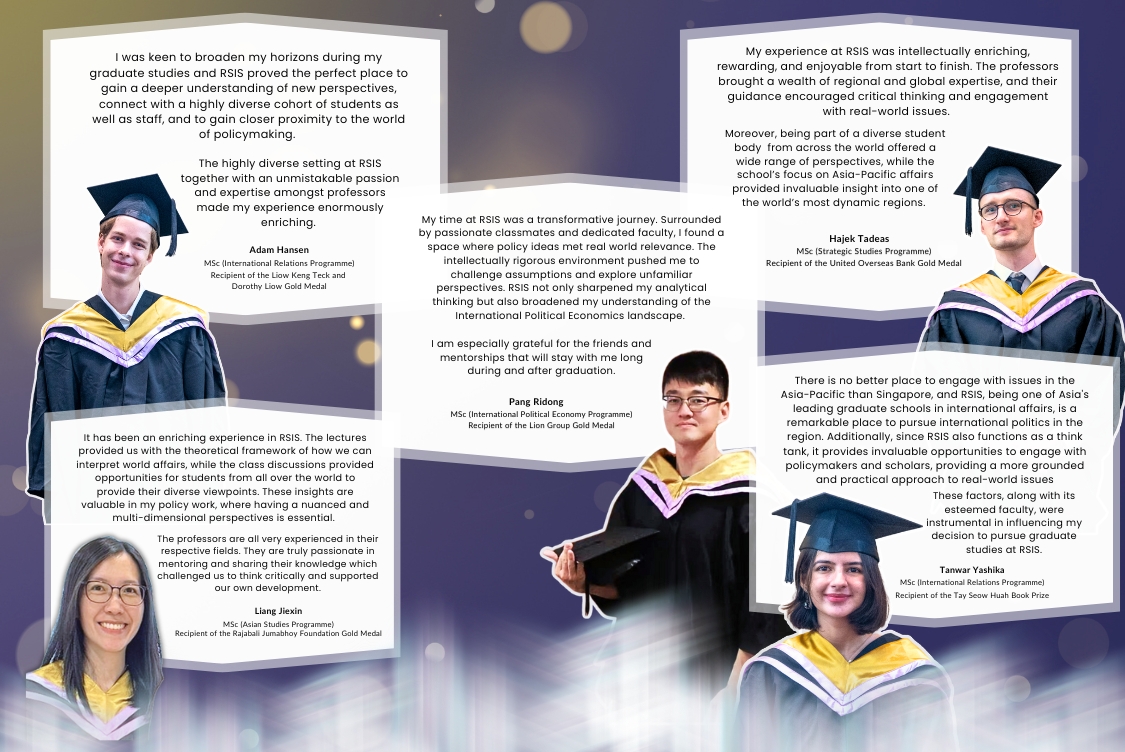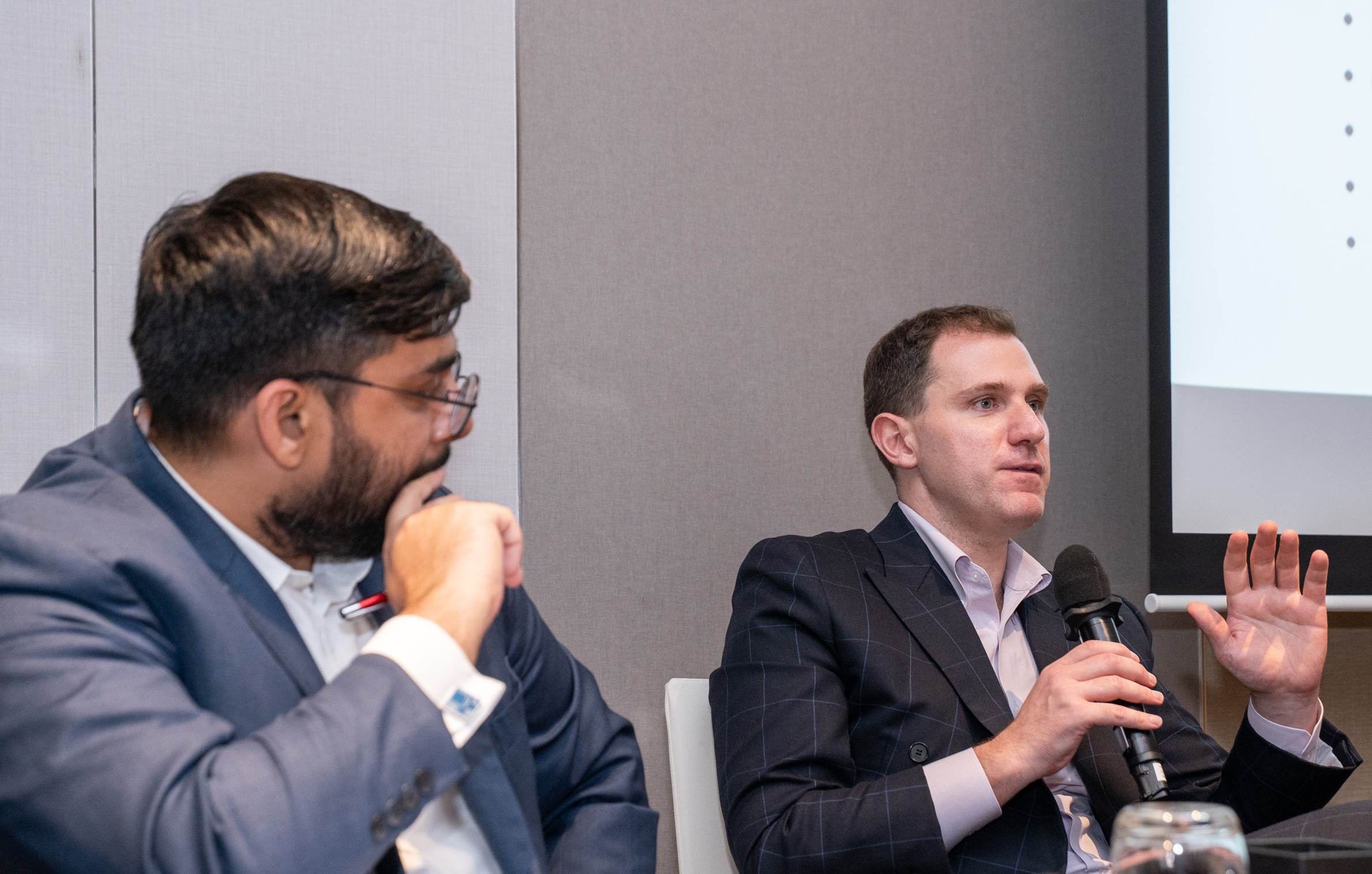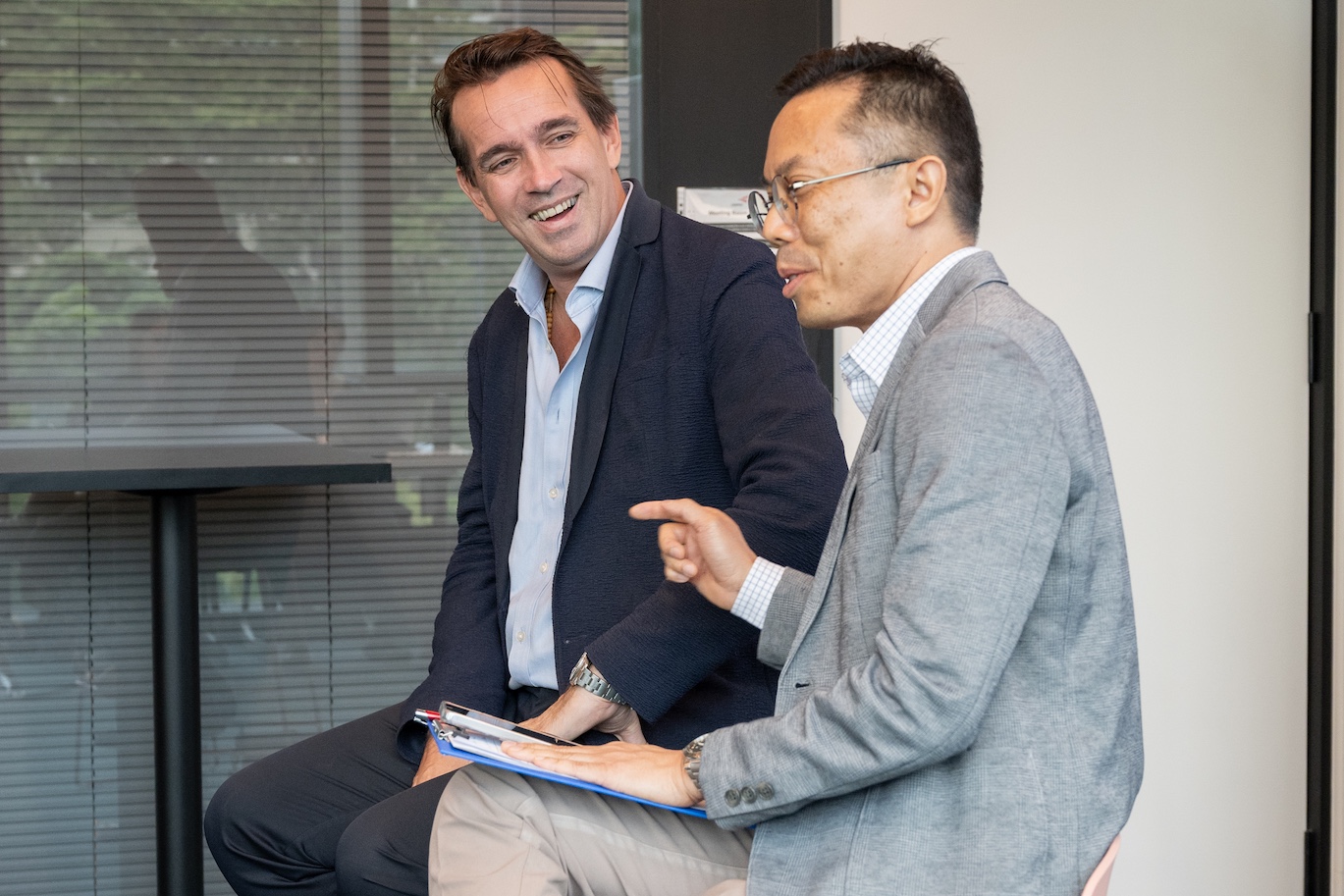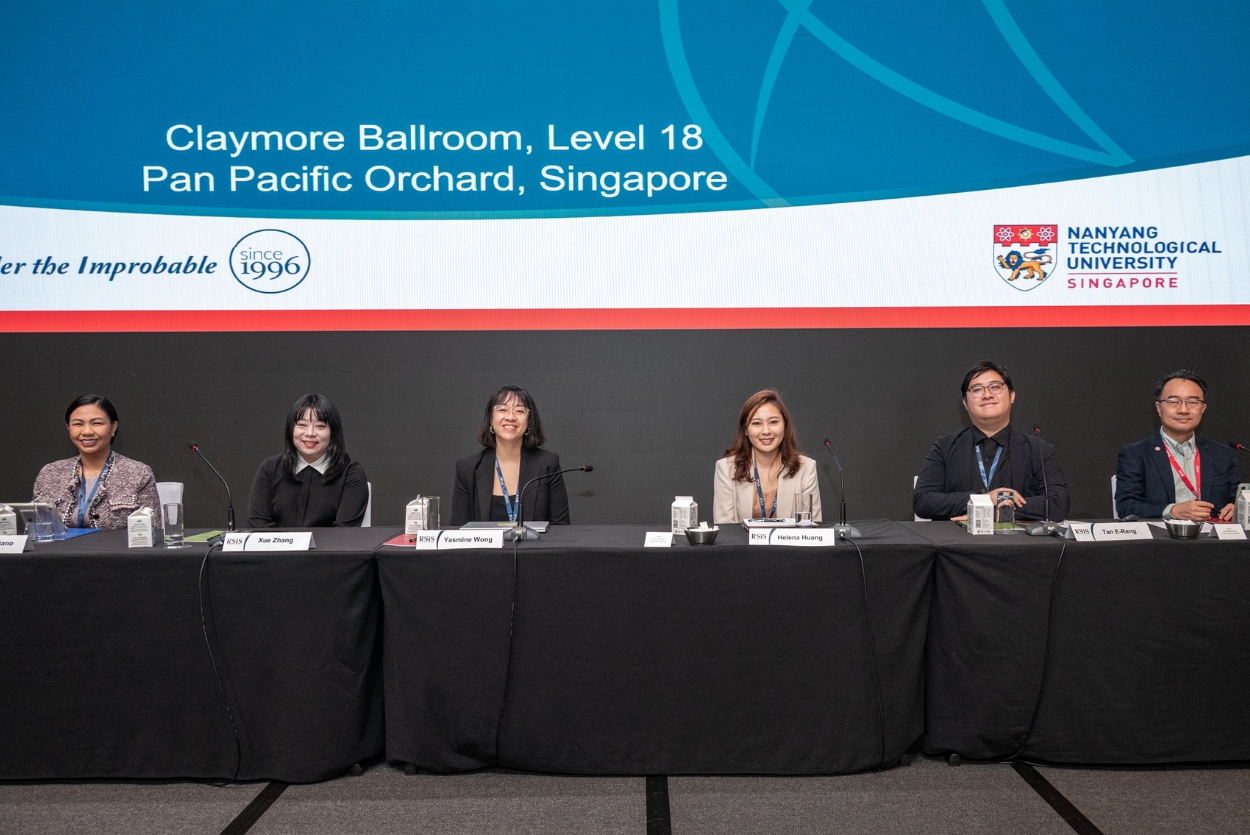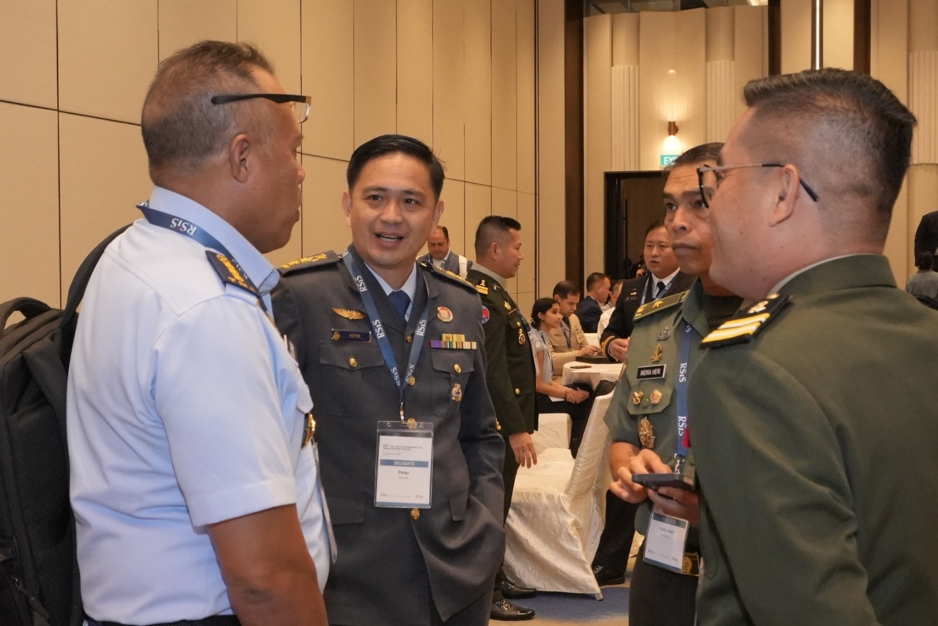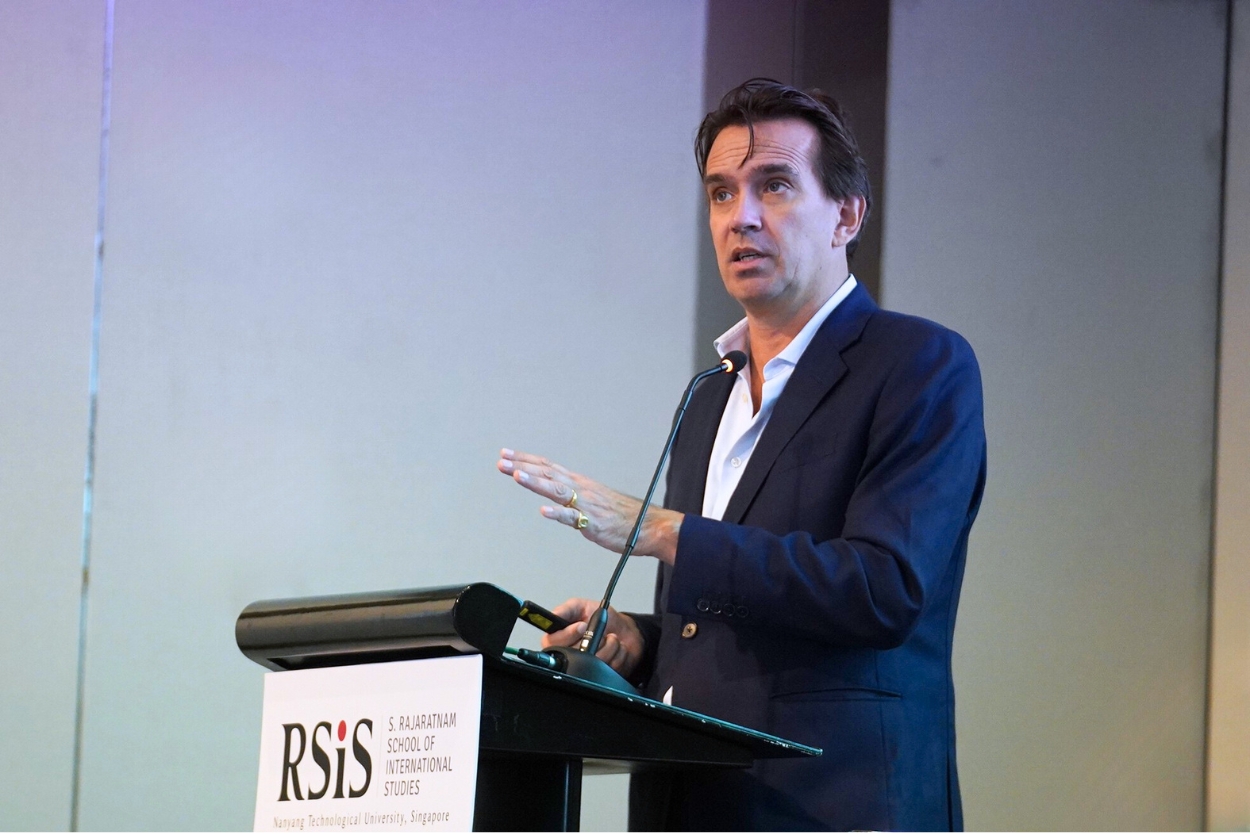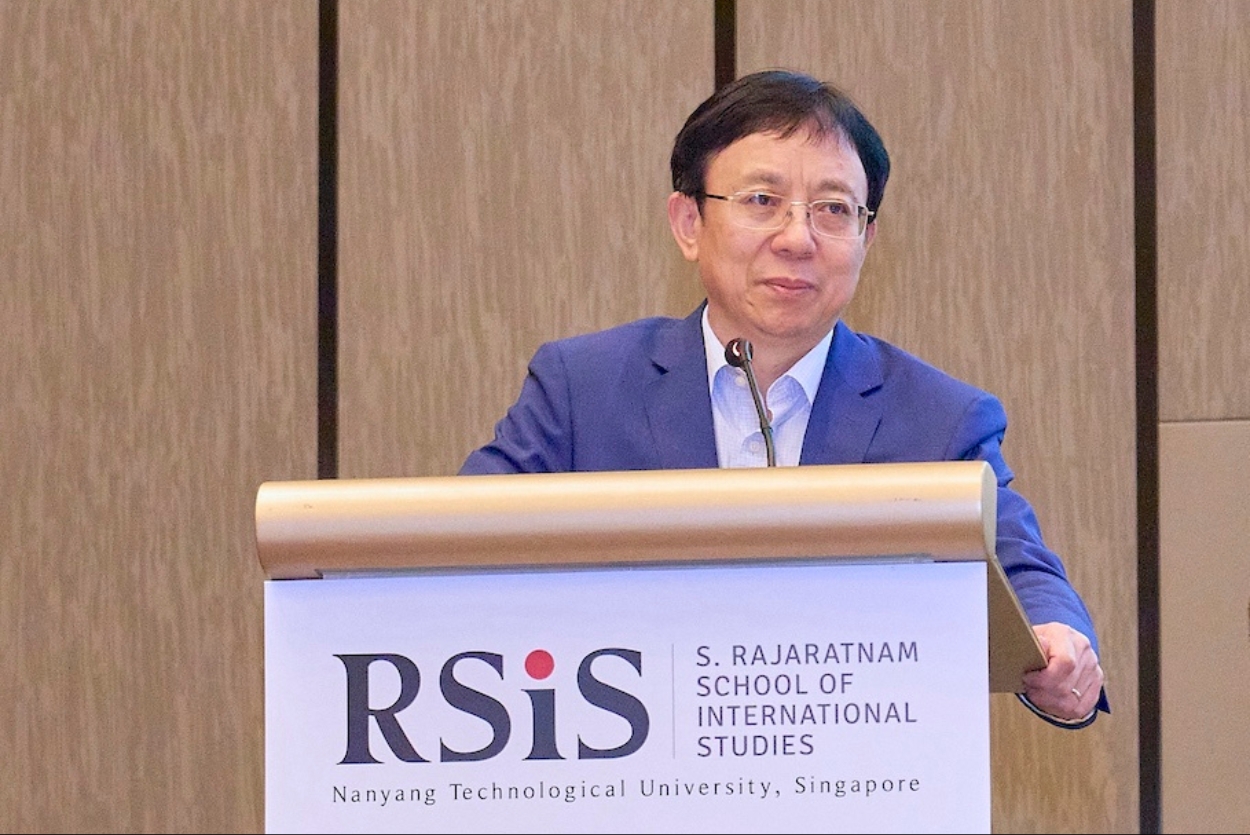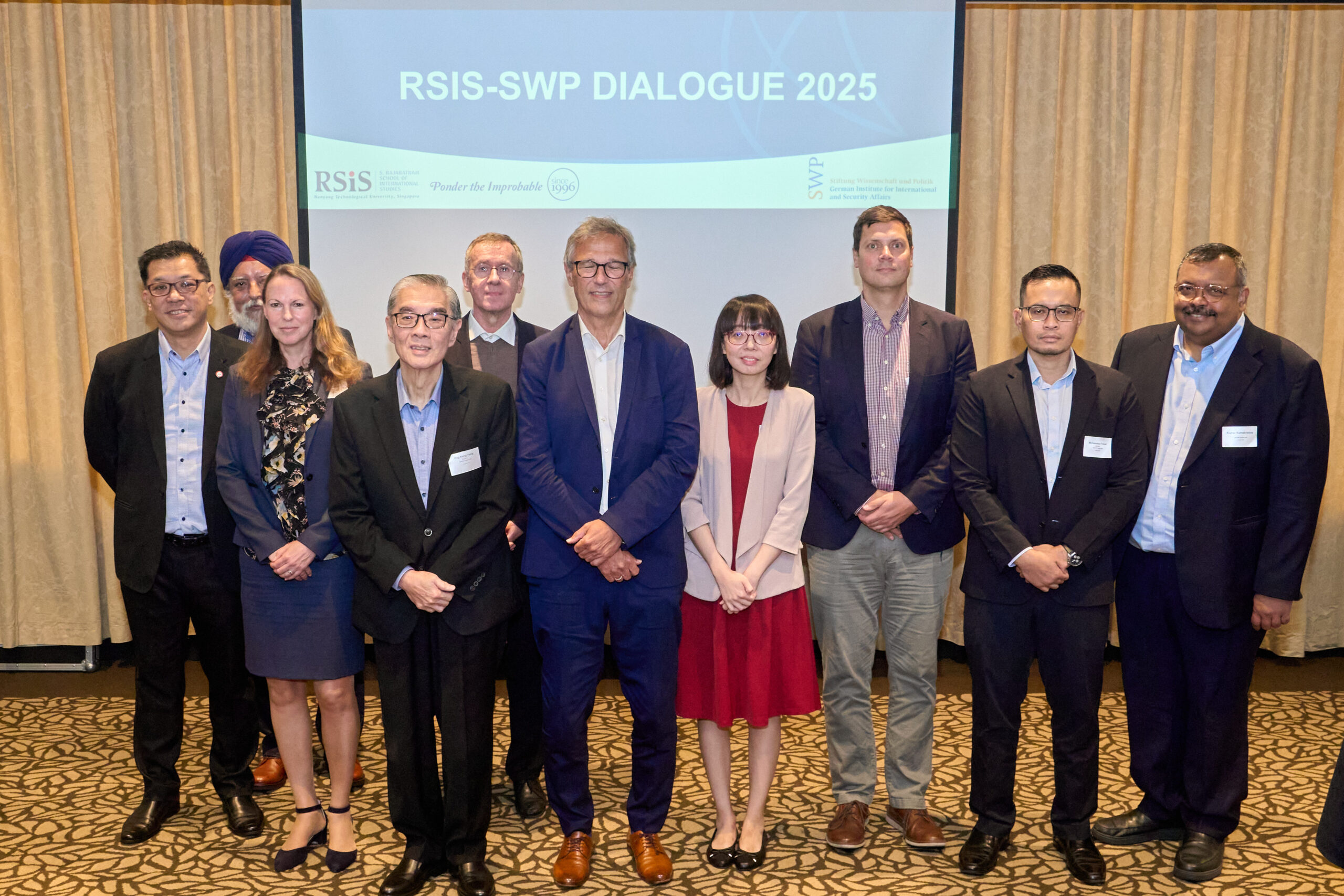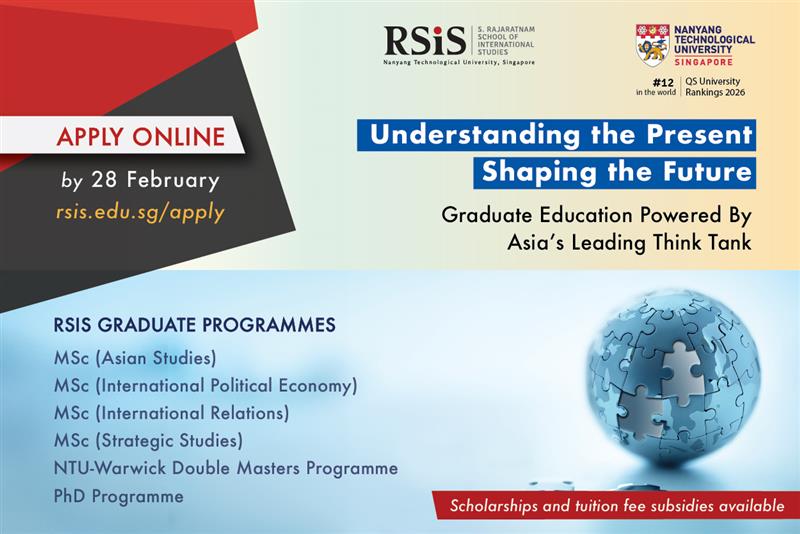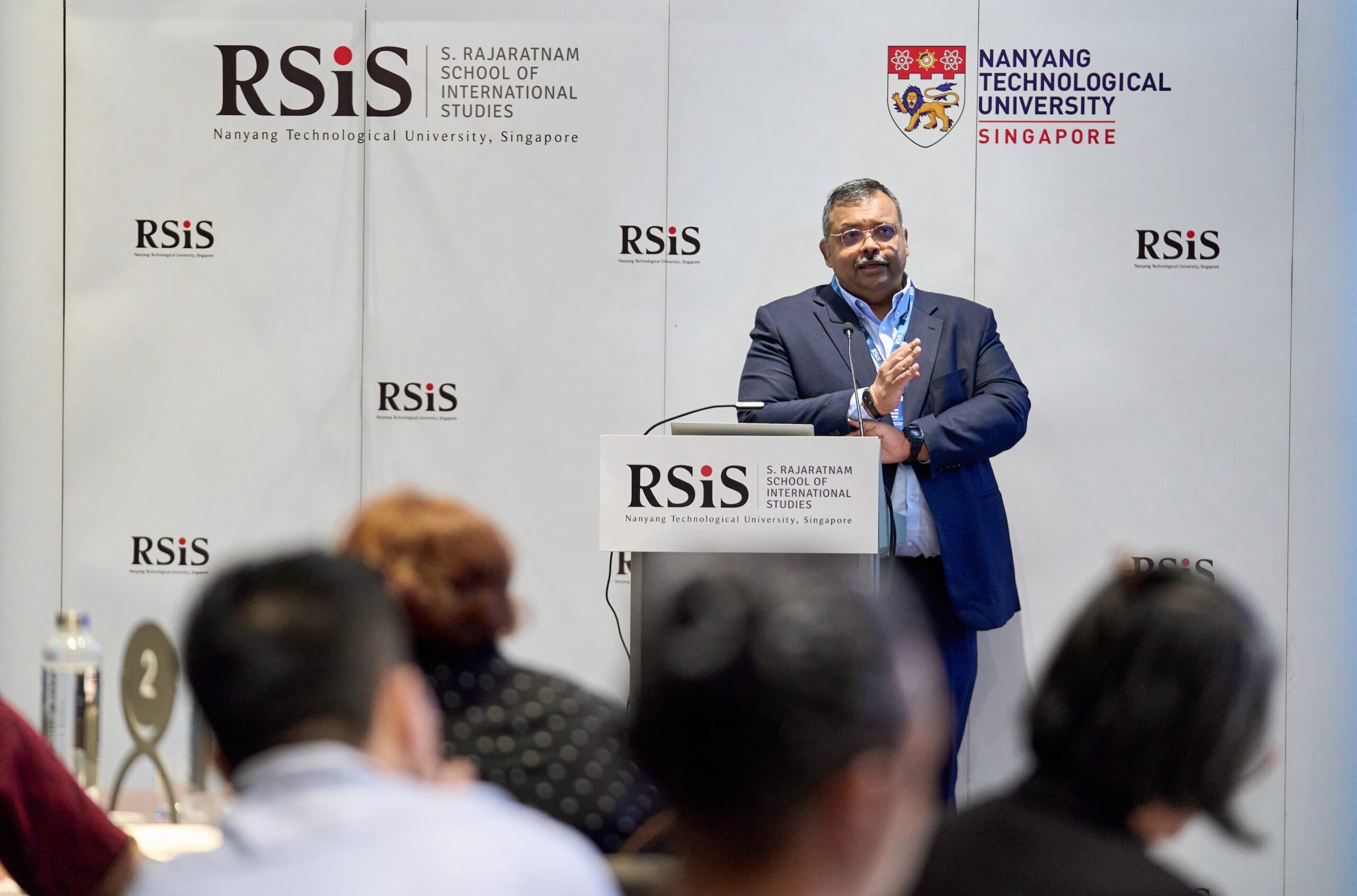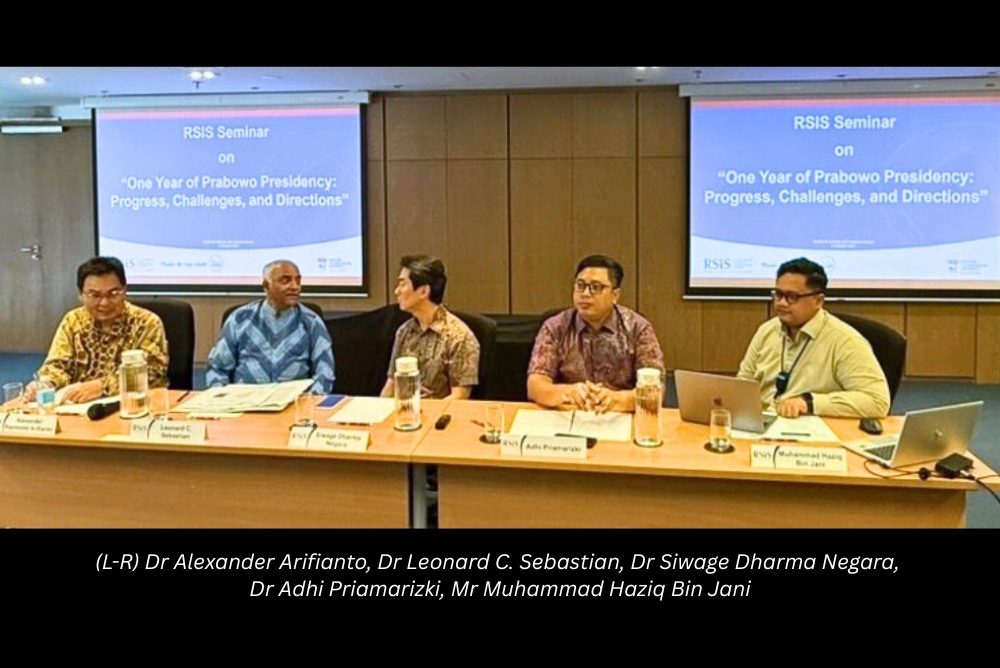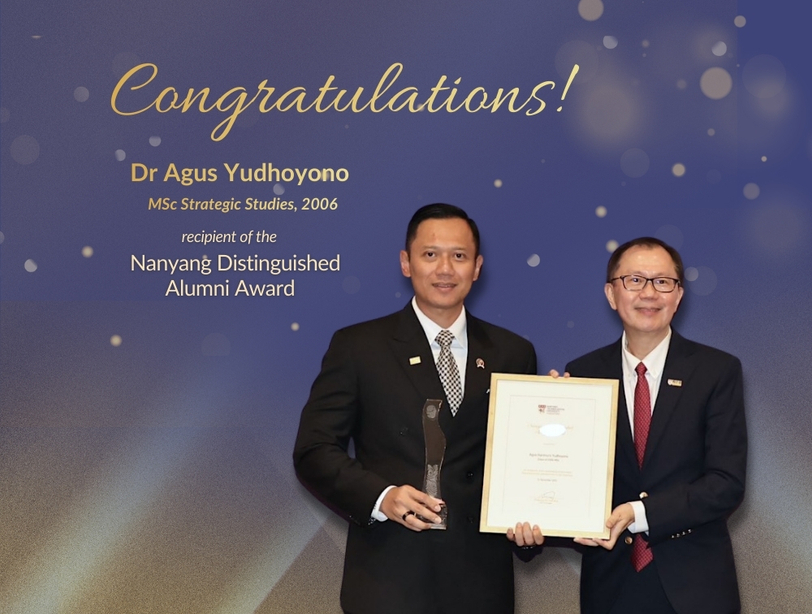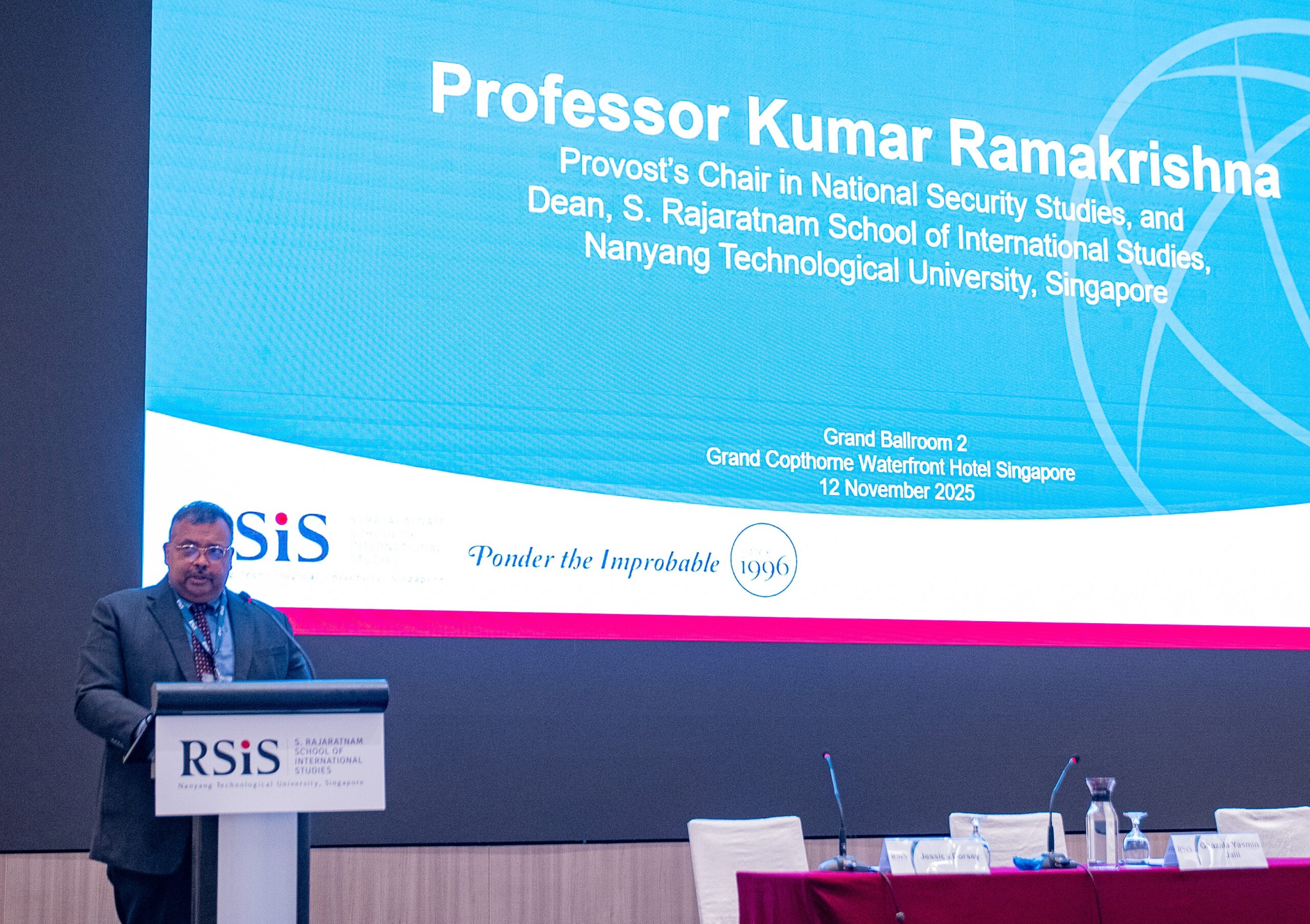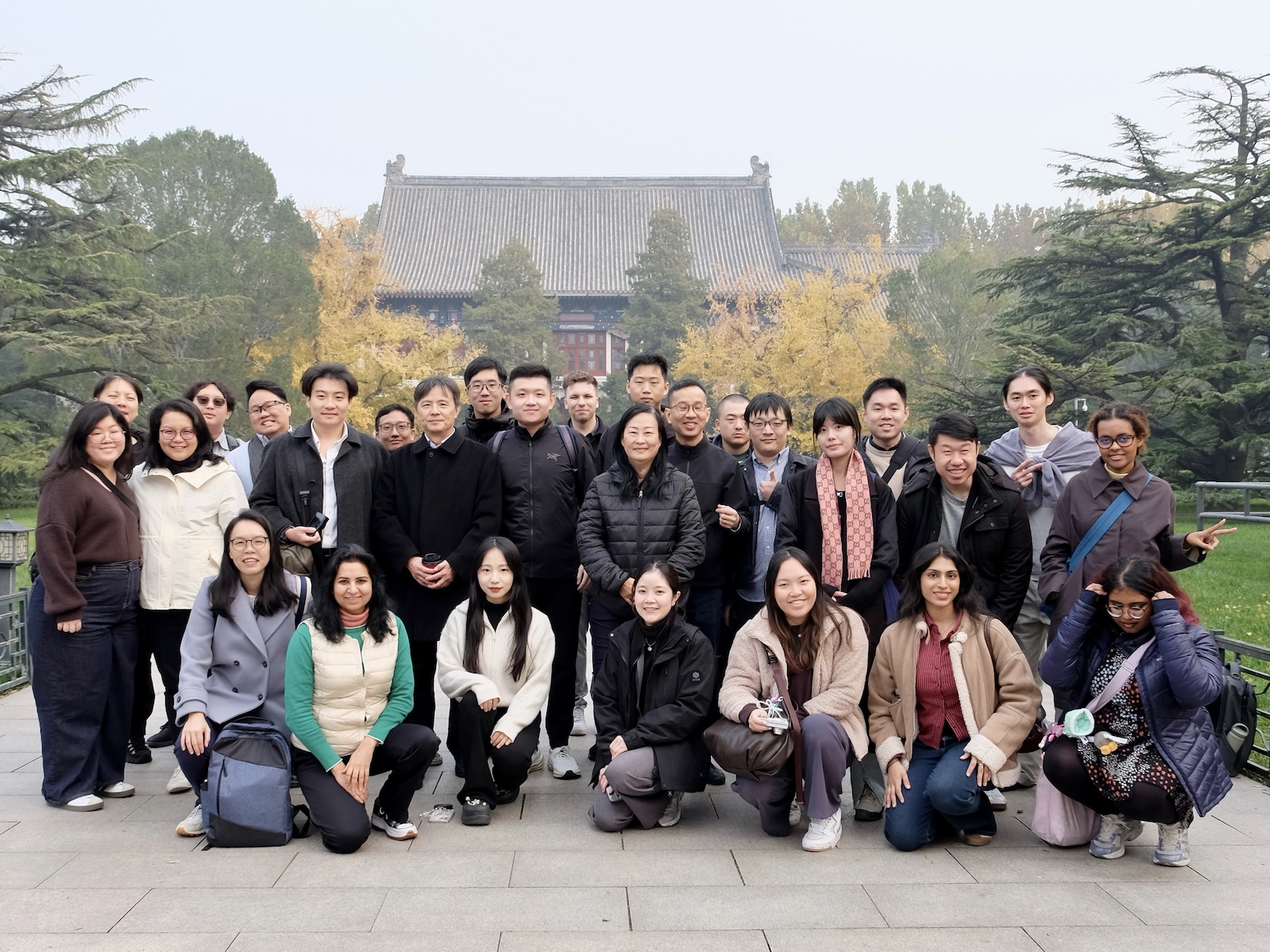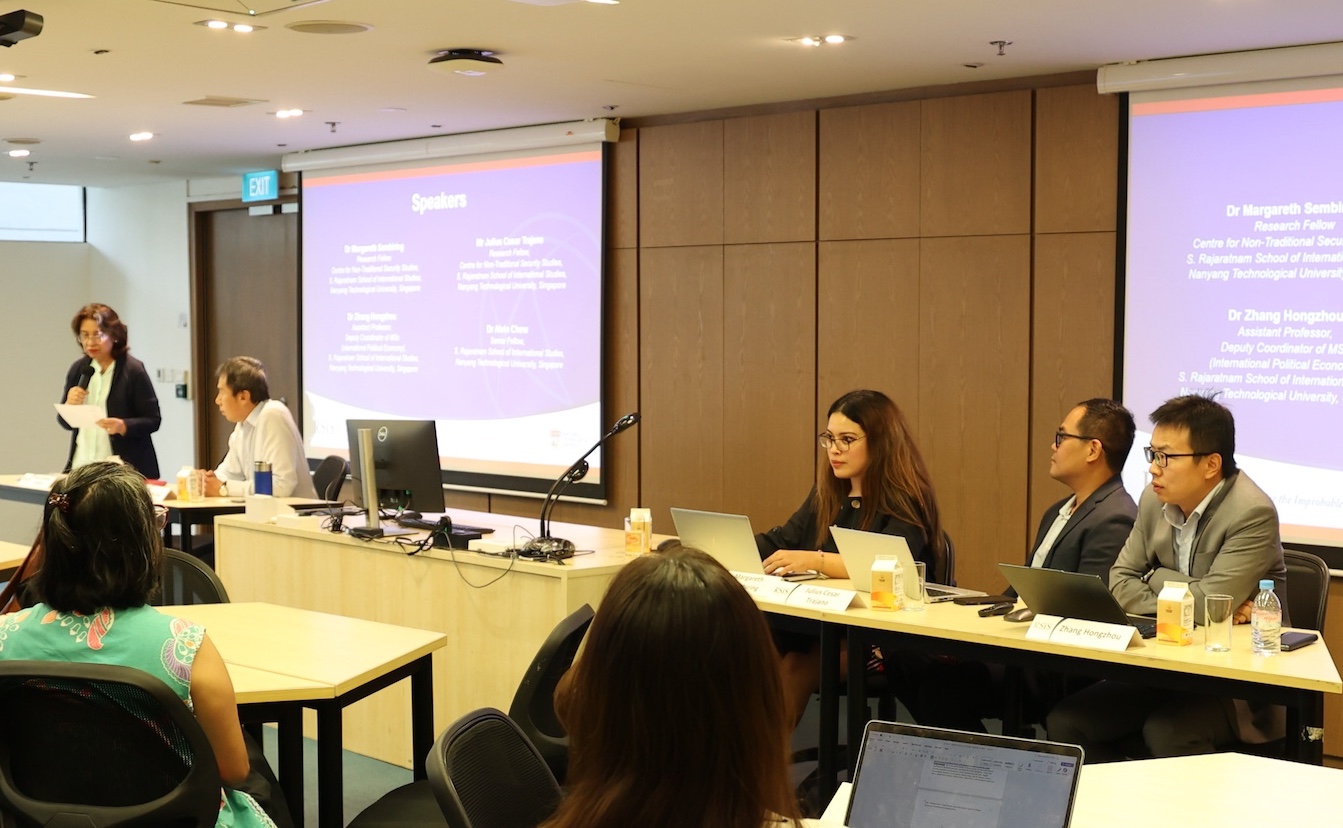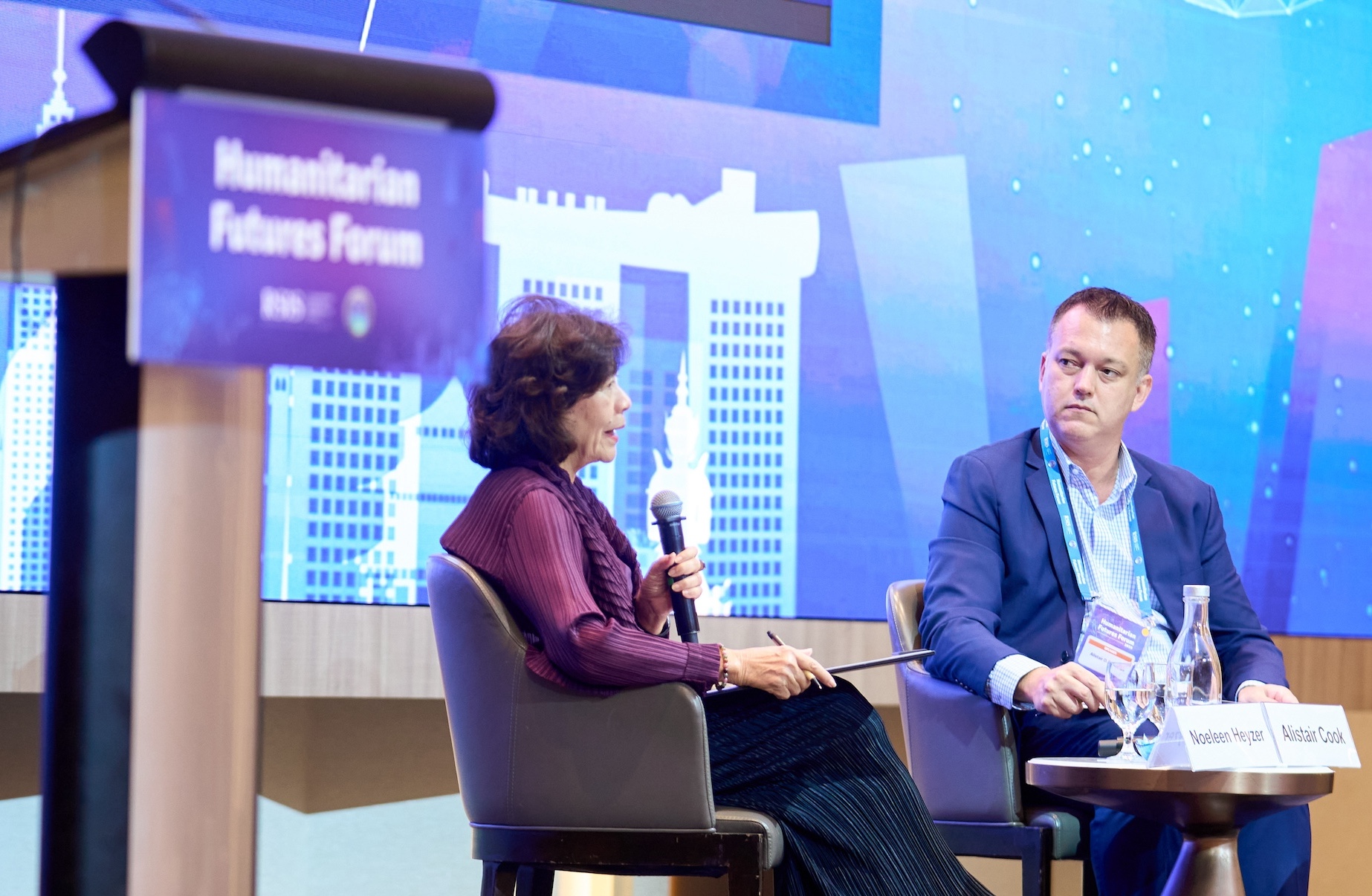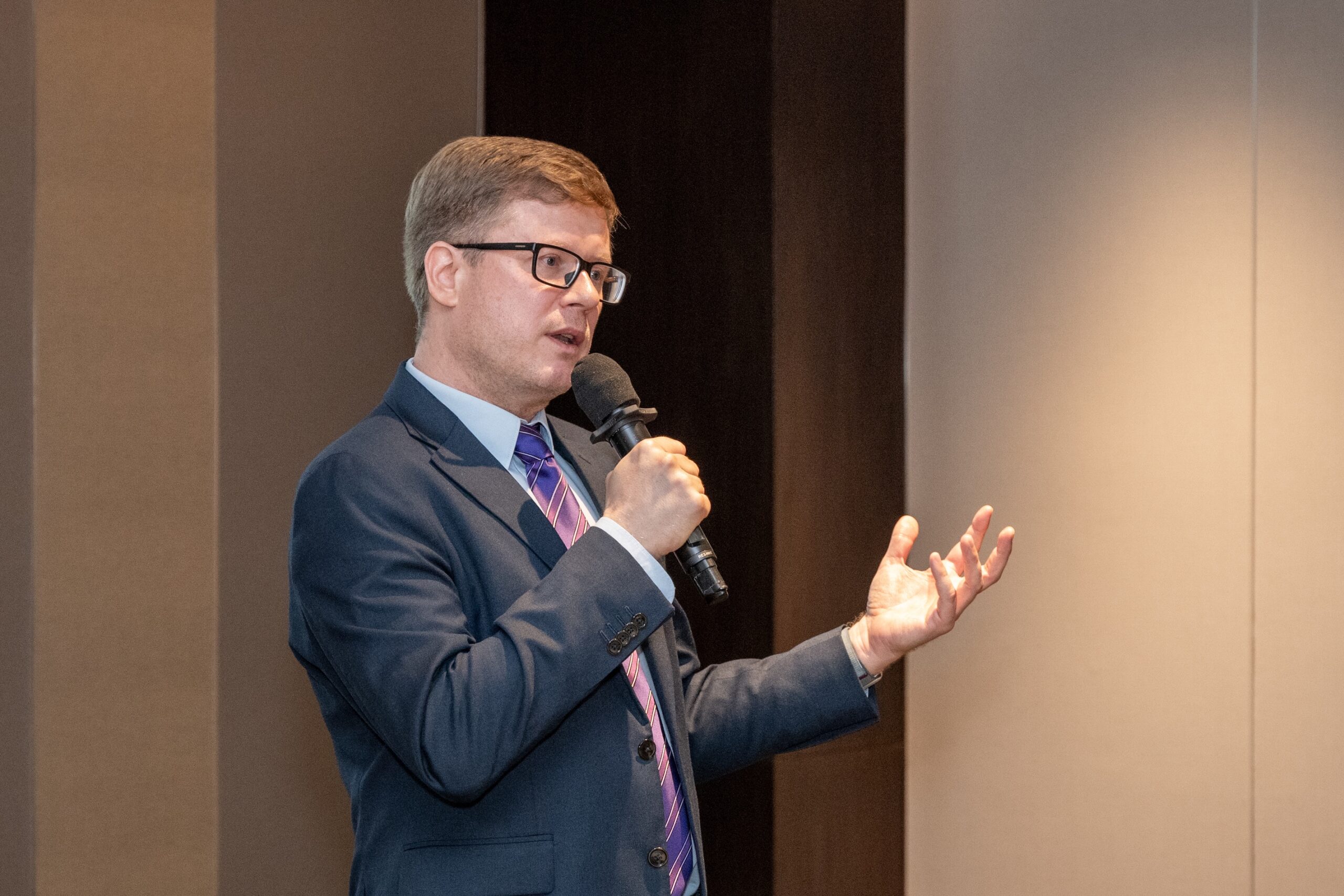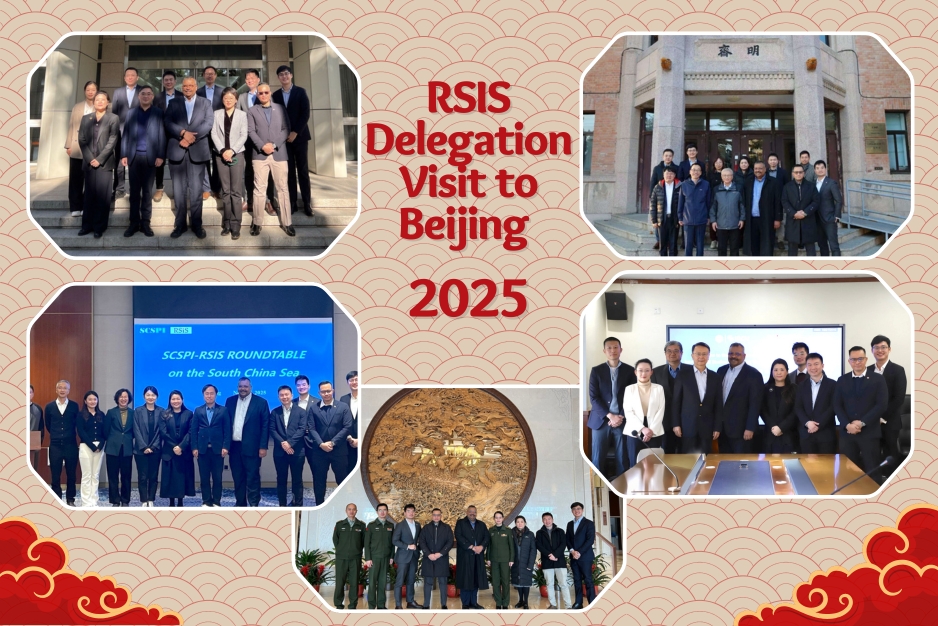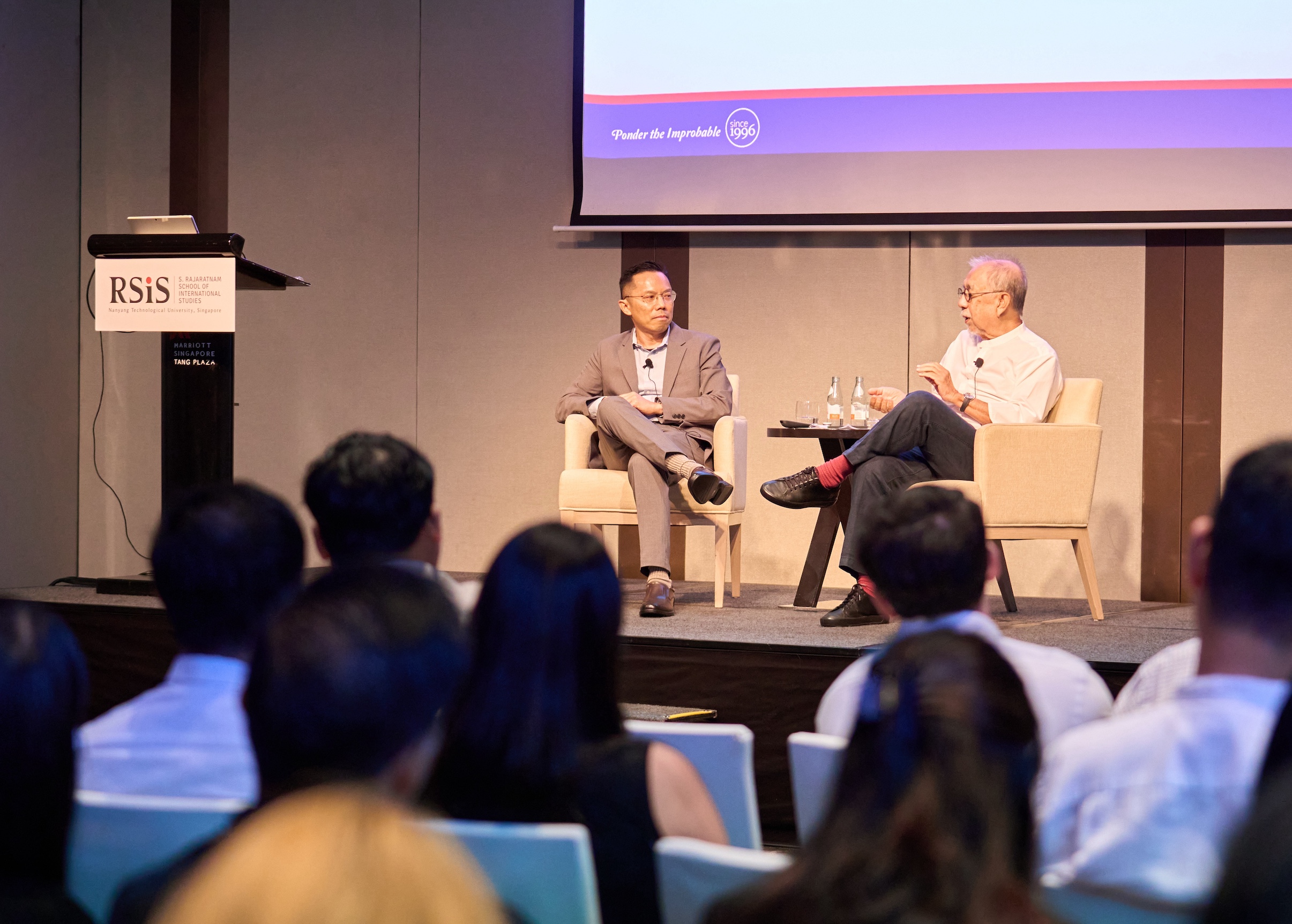
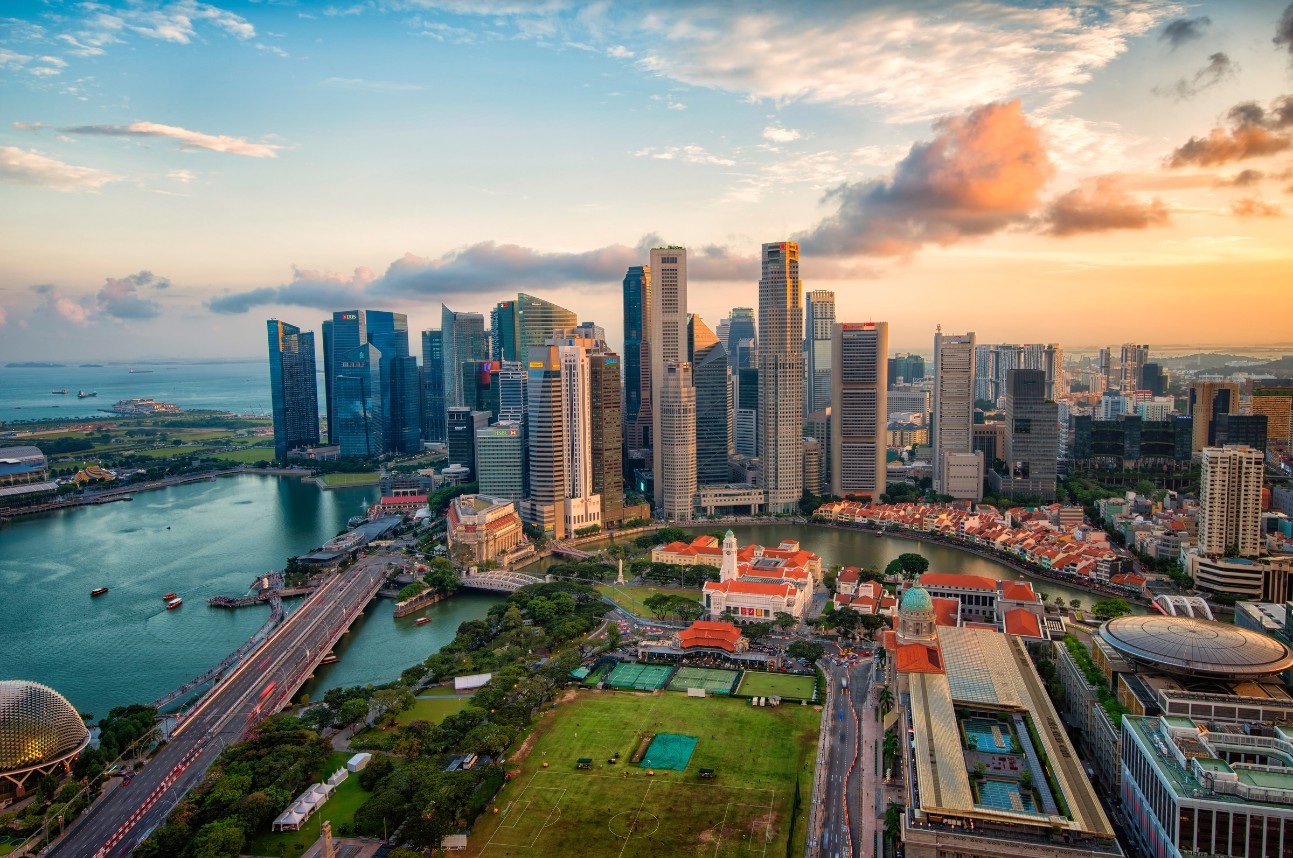
Singapore is a diverse society with many ethnic and faith groups living together in a highly urbanised space. Dr Koh Keng We, Assistant Professor of History at NTU School of Humanities and Social Sciences; Mr Mohamed Imran Mohamed Taib, Director of Dialogue Centre and a founding Board member of Centre for Interfaith Understanding (CIFU); and Dr Leong Chan-Hoong, Senior Fellow and Head of Social Cohesion Research Programme at RSIS, spoke at an RSIS seminar titled “Our Shared Legacies and the Future of Multiculturalism”. Held on 21 Jan 2025, the seminar discussed how shared legacies and historical narratives have affected the state of multiculturalism and cohesion in Singapore.
Dr Leong opened the session by remarking on how critical events in history form the blueprints that shape how we think and behave today. Two narratives have emerged out of Singapore’s history of being colonised, going through WWII, and becoming an independent country. The first is that Singapore needs to maximise economic competitiveness by making tough decisions even at the expense of individual sacrifices. The second narrative is that ethnic traits are divisive and primordial; as such, multi-racism in Singapore needs to be carefully managed.
Dr Koh shared about his research into the Nine Emperor Gods festival. While the Nine Emperor Gods festival can be hailed as a unique multicultural community event in Singapore, it has faced growing challenges in modern times. The Singapore government has imposed increasingly strict restrictions on the festival, such as imposing restrictions on the playing of music and by mandating that many elements of the festival are to be performed only on temple grounds instead of in neighbourhoods.
Mr Taib explored the changing landscape of multiculturalism through the changes in the “Malay Story” over the years. After independence, Malays expressed anxiety over becoming a racial minority and their underdevelopment relative to other races. The rhetoric of meritocracy in Singapore, which did not address unequal starting points, soon equated the over-representation of Malays in social issues as a cultural problem rather than a structural one.
The speakers shared that “multiculturalism” is not just a simple concept of promoting harmony among races. To become future-looking, Singapore needs to reflect on its tendency to organise society using very structured frameworks such as Chinese-Malay-Indian-Others (CMIO) categories and instead develop a more nuanced conceptualisation of multiculturalism.




